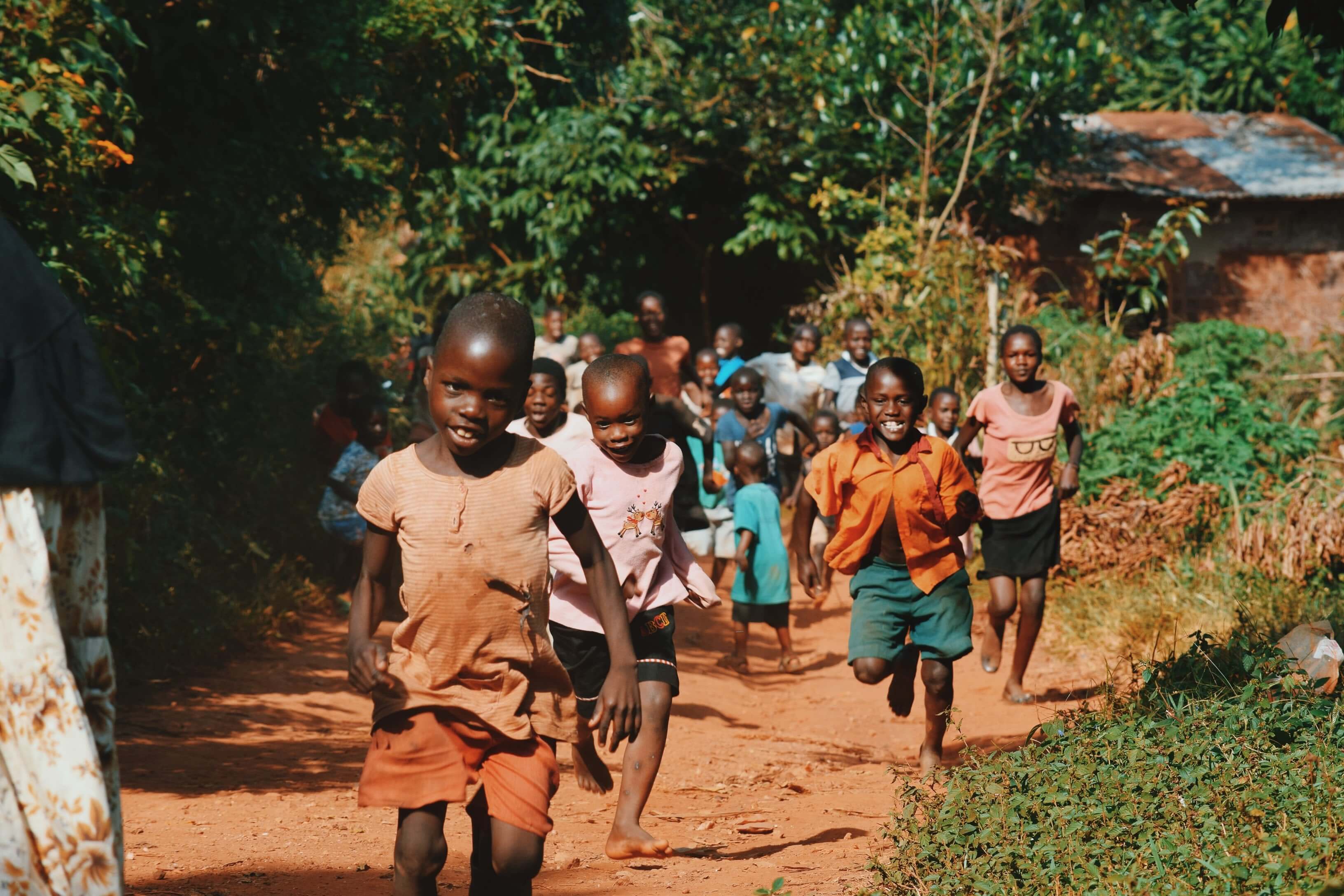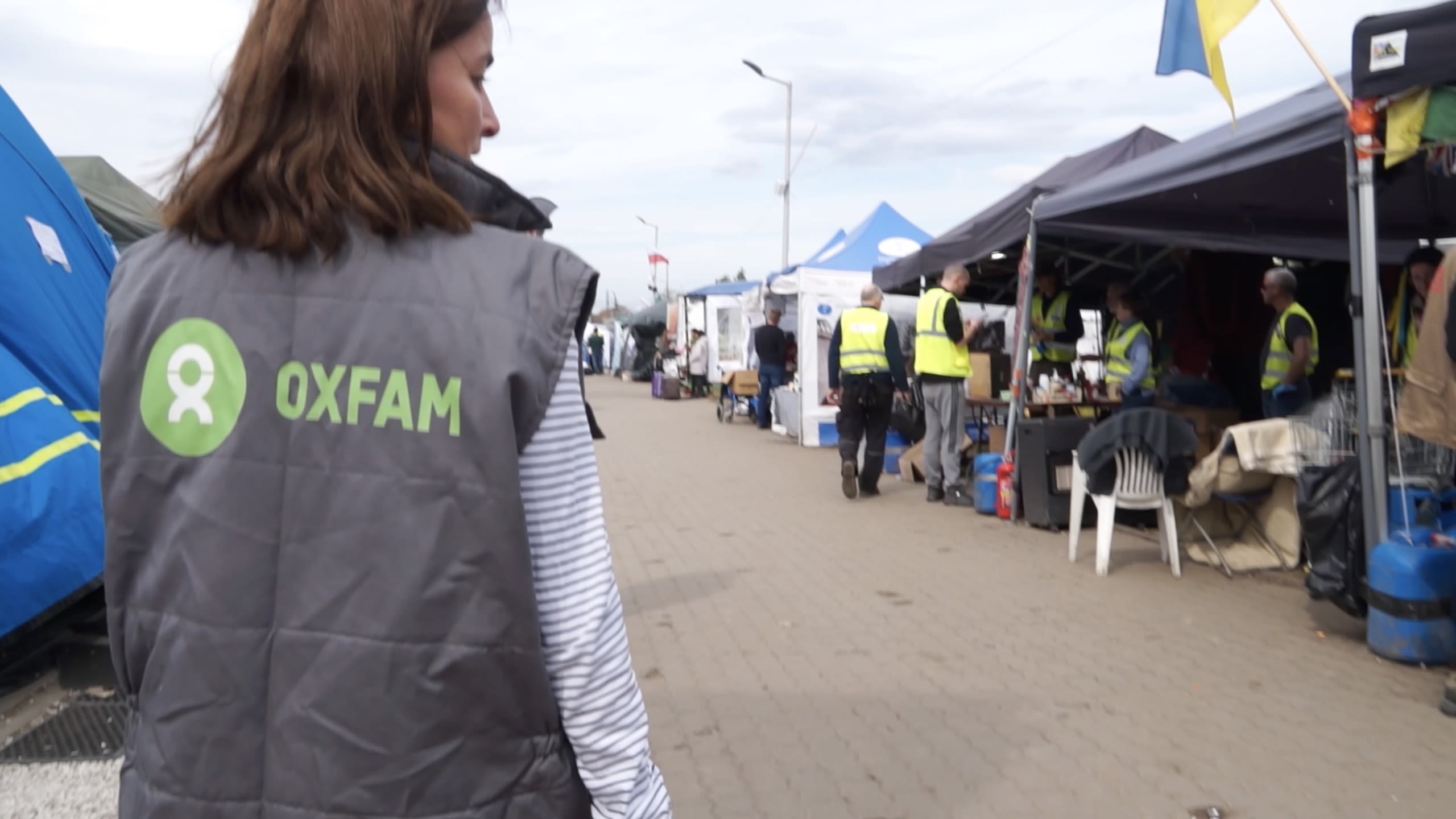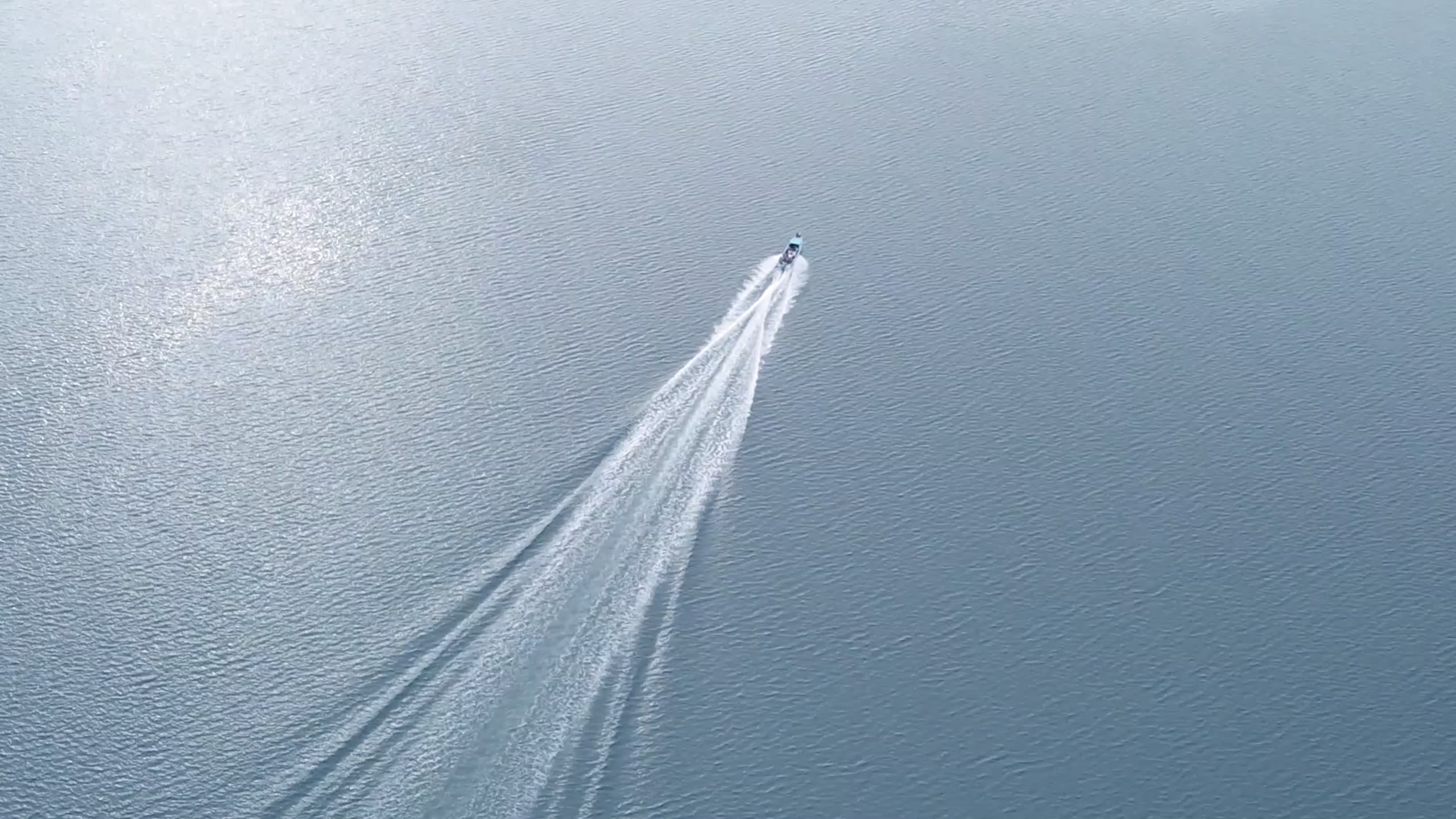OUR ORGANIZATION

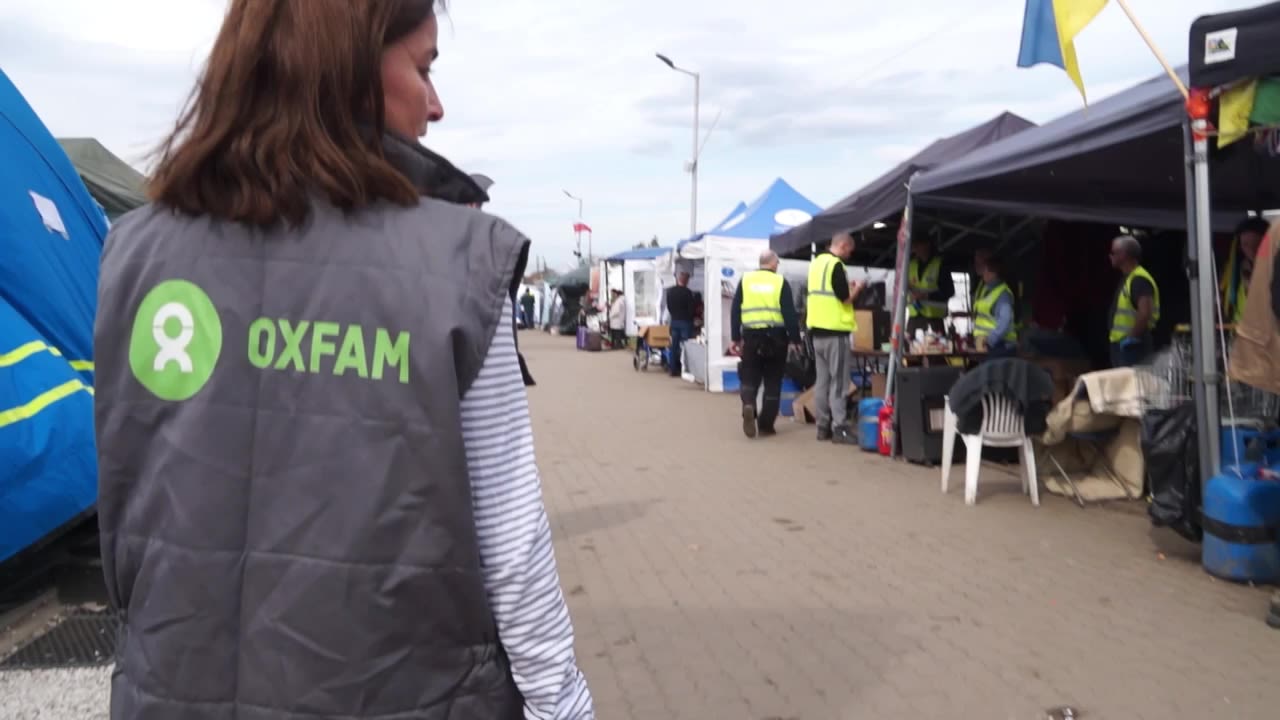

At Oxfam we respond to emergencies and advocate for people in crisis, partnering with local organizations to deliver essentials and help rebuild communities. We work with activists and partners to fight poverty and injustice. We campaign for economic, gender, climate justice and accountable governance, striving for sustainable growth and transformation. We fight for a future that is equal, just and fair – one in which people have more equal opportunities and rights, and one in which we can all flourish, not just survive.
Oxfam began as a non-profit organization in 1942. We are now a global movement of people, working together to fight inequality and end poverty and injustice.
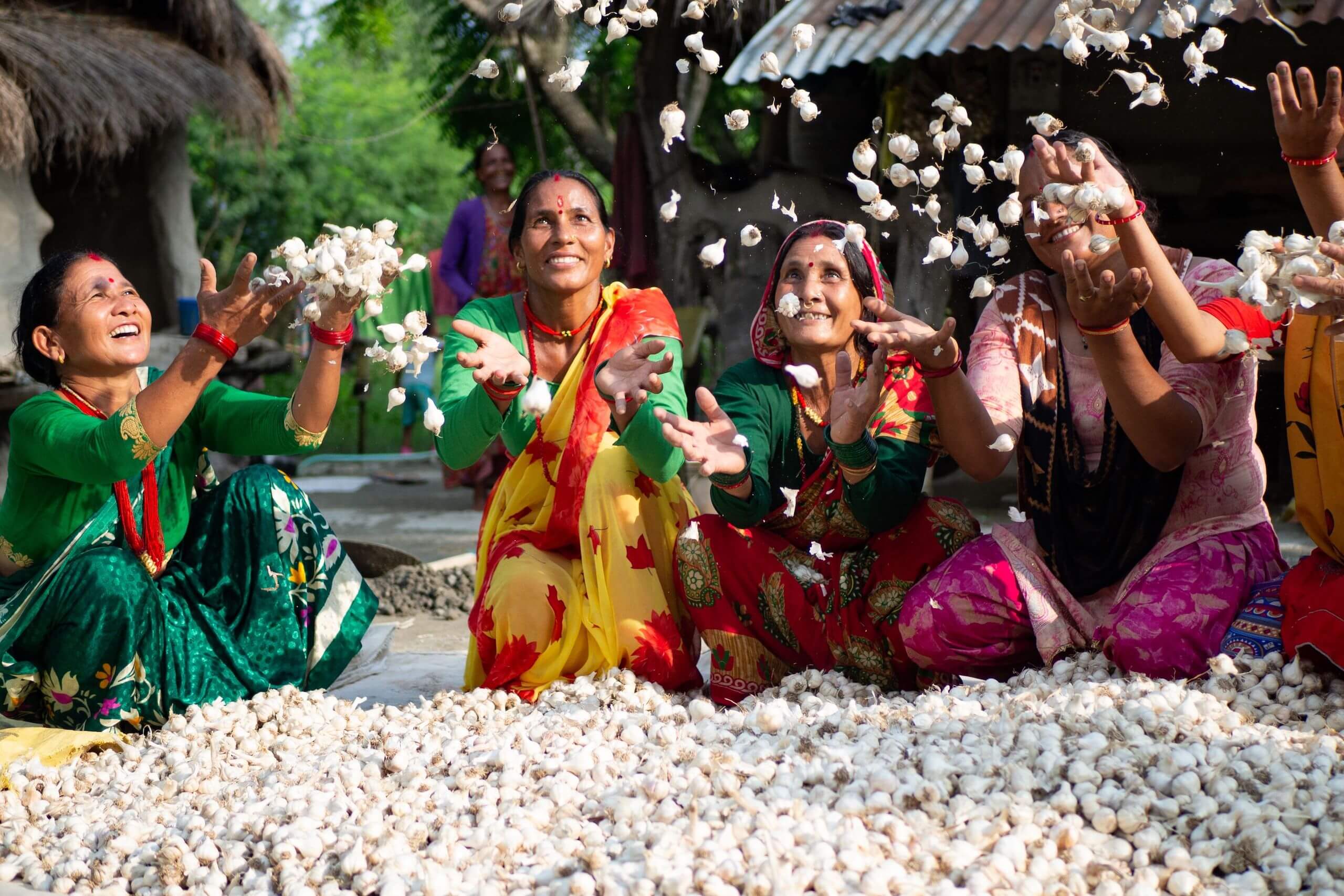
We work in accordance with constitutional aims to relieve poverty and suffering and combat distress in any part of the world regardless of race, gender, creed or political beliefs. We protect lives and livelihoods when disaster strikes. We tackle not just the symptoms but the systems of inequality. As of 31 March 2023, we are present in 86 countries across the world, collaborating with and implementing programs with thousands of partners and allies. And together we campaign for genuine, long-lasting change.
We are a confederation (groups united in an alliance) that includes affiliates, or member organizations, each one an independent body contributing to achieve Oxfam’s shared goals under the Global Strategic Framework 2020–30. The confederation includes 21 affiliates and two ‘prospective affiliates’ (organizations on their way to full affiliation). As part of our commitment to global balance and to developing Oxfam as a diversified network, we are working to grow the number of Oxfam affiliates in the Global South over the coming years.
The Oxfam International Secretariat (OIS), formed in 1995, agrees on priorities and shared aims, and supports collaboration in the confederation to maximize efficiency, impact, and global reach.
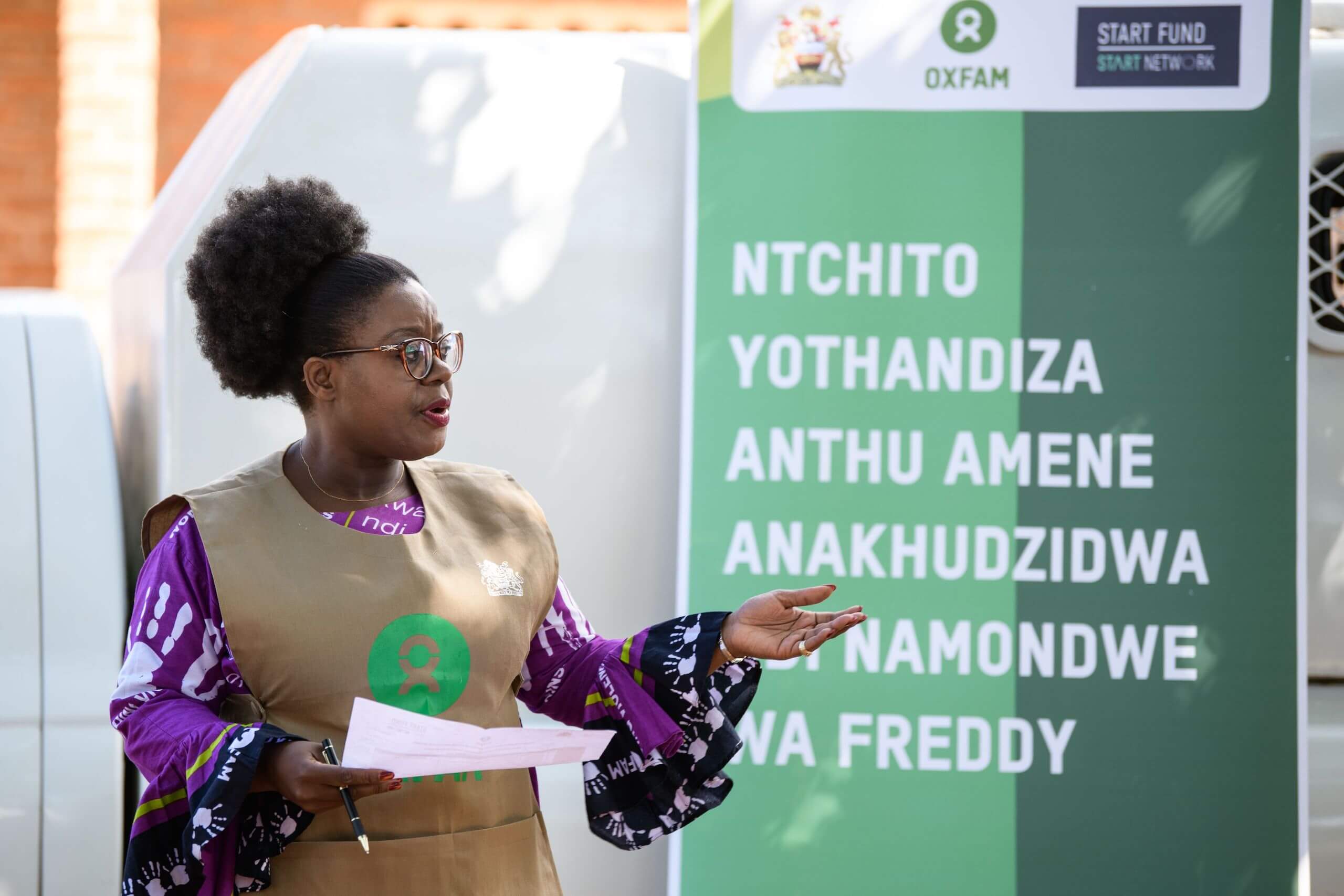
The Secretariat manages Oxfam’s global influencing and campaigning agenda, along with country, cluster and regional development programs, supported by our country and cluster offices. OIS also manages the Global Humanitarian Team (GHT), which provides and develops technical support across the confederation and works in partnership with local civil society organizations on humanitarian responses to emergencies worldwide.
The Secretariat is headquartered in Nairobi, where it is registered under a Host Country Agreement with the Government of Kenya. It is also registered as a foundation (stichting) in the Netherlands and as an overseas company limited by guarantee in the United Kingdom.
The Secretariat has offices in strategic locations around the world that work to influence decision-makers to ensure their policies have a far-reaching, positive impact on those most in need.

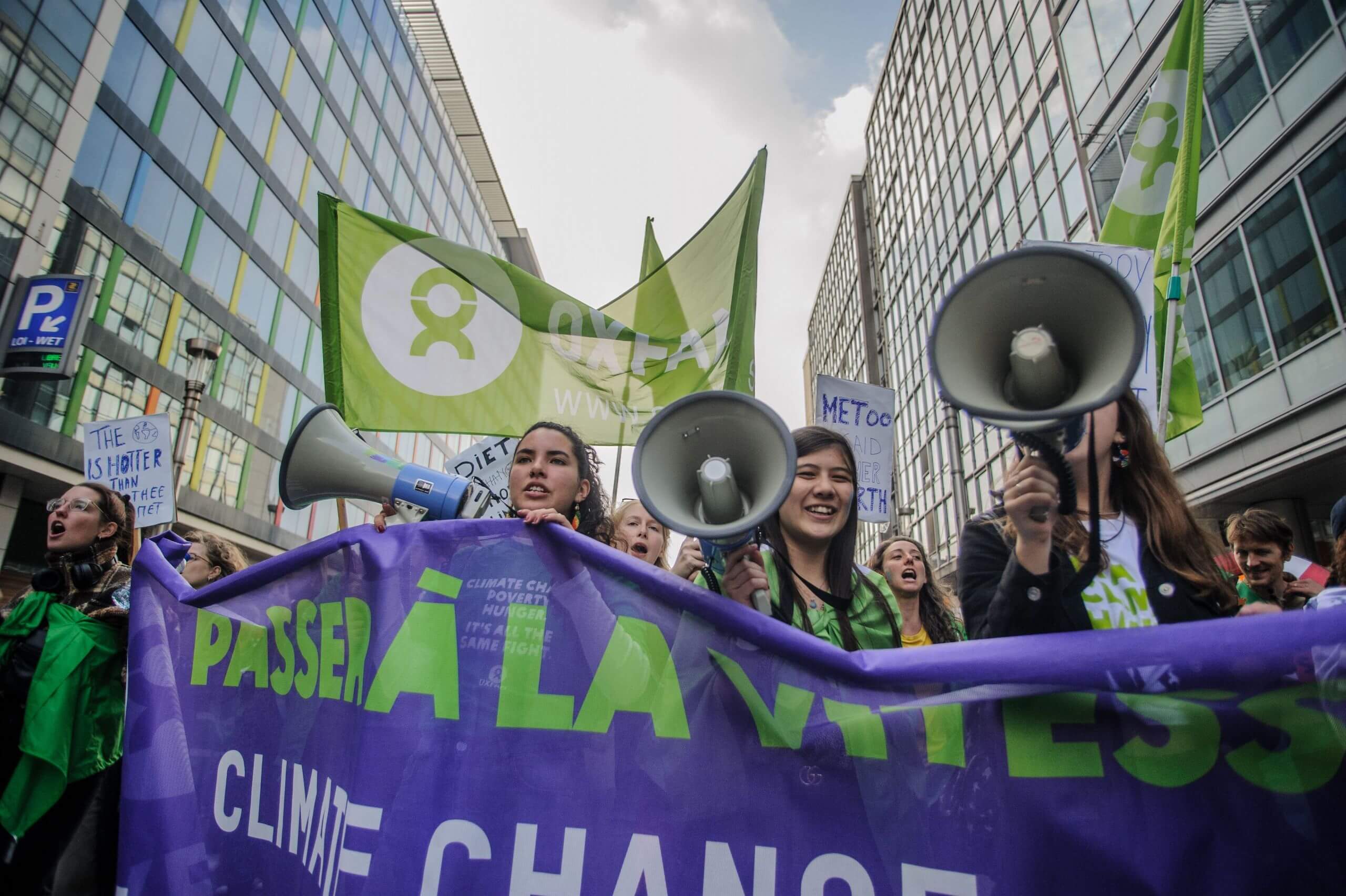
In July 2021 Oxfam International adopted a global governance architecture with three components: an International Board, which meets quarterly; a multi-stakeholder Assembly, meeting every two years; and Affiliate Business Meetings that are convened by the International Board at least once a year.
OUR STRATEGY
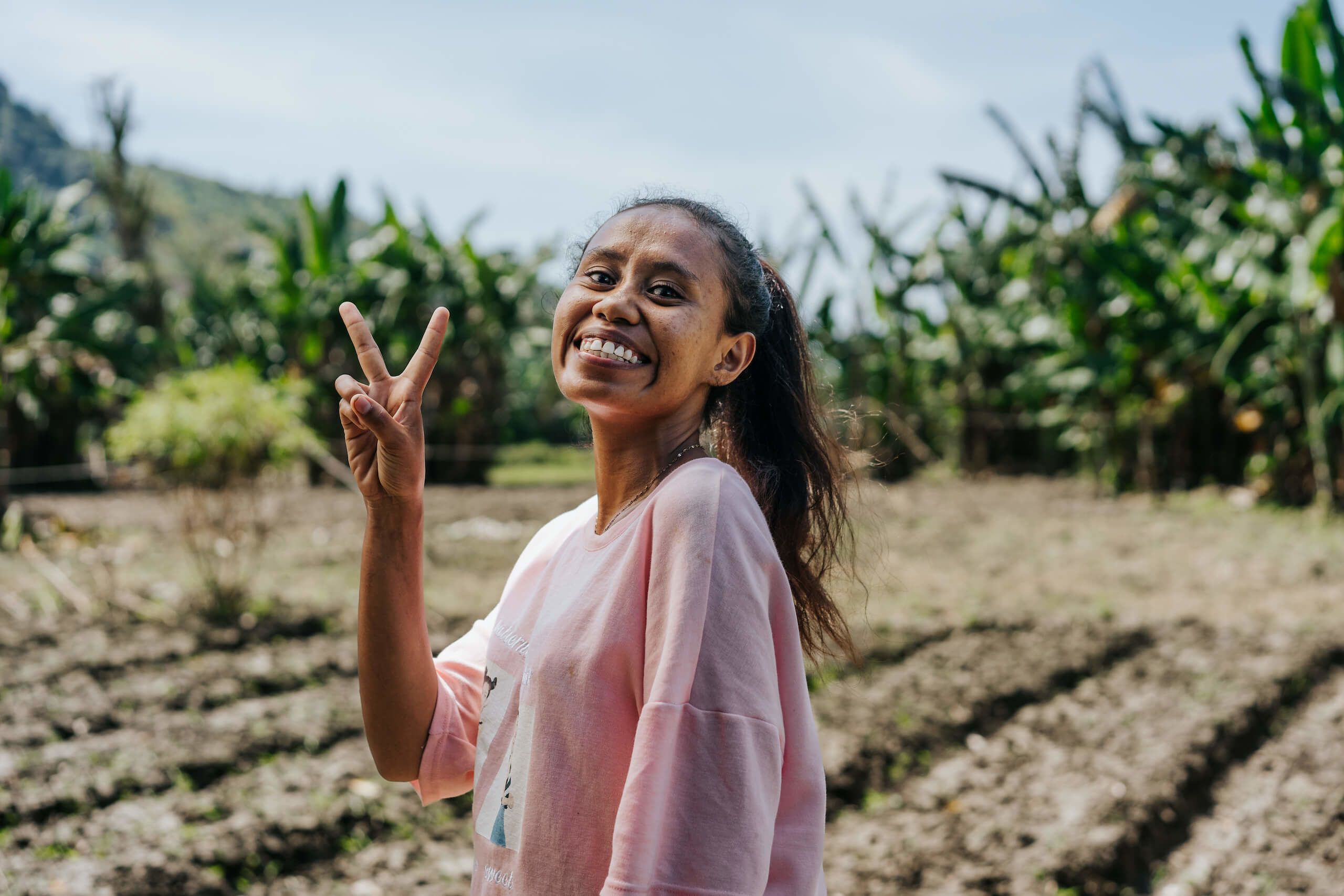

The mission of Oxfam’s 2020–30 Global Strategic Framework – to fight inequality and end poverty and injustice – continued to guide us in 2022–23, as the profoundly unequal health, economic and social impacts of the Covid pandemic became apparent.
In the Global Strategic Framework Horizon One (2021-23), Oxfam prioritized a Covid recovery based on economic, climate, gender and racial justice; fighting globally for essential services, fair taxation, access to vaccines and treatments, and an end to gender based violence.
We recognized that addressing climate injustice and its underpinning inequalities was key to achieving a just economic Covid recovery. And we worked with allies and partners to explore and identify new models for sustainable economies

Our triple-nexus approach of humanitarian, development and peace initiatives was a core priority in 2022–23, with work on humanitarian resilience, preparedness and response that supported feminist local humanitarian leadership. By impact, income and identity, humanitarian work is part of the core theme that defines Oxfam as a confederation and is a key aspect of our Global Strategic Framework.
Aiming to be feminist in all we do remains at the heart of our work on talking truth to power, with the aim of shifting power globally from North to South. Individually and collectively, as One Oxfam, we are committed to the centrality of people-powered action and agency, greater diversity of voice, and sharing power across our confederation.
PEOPLE AND CULTURE
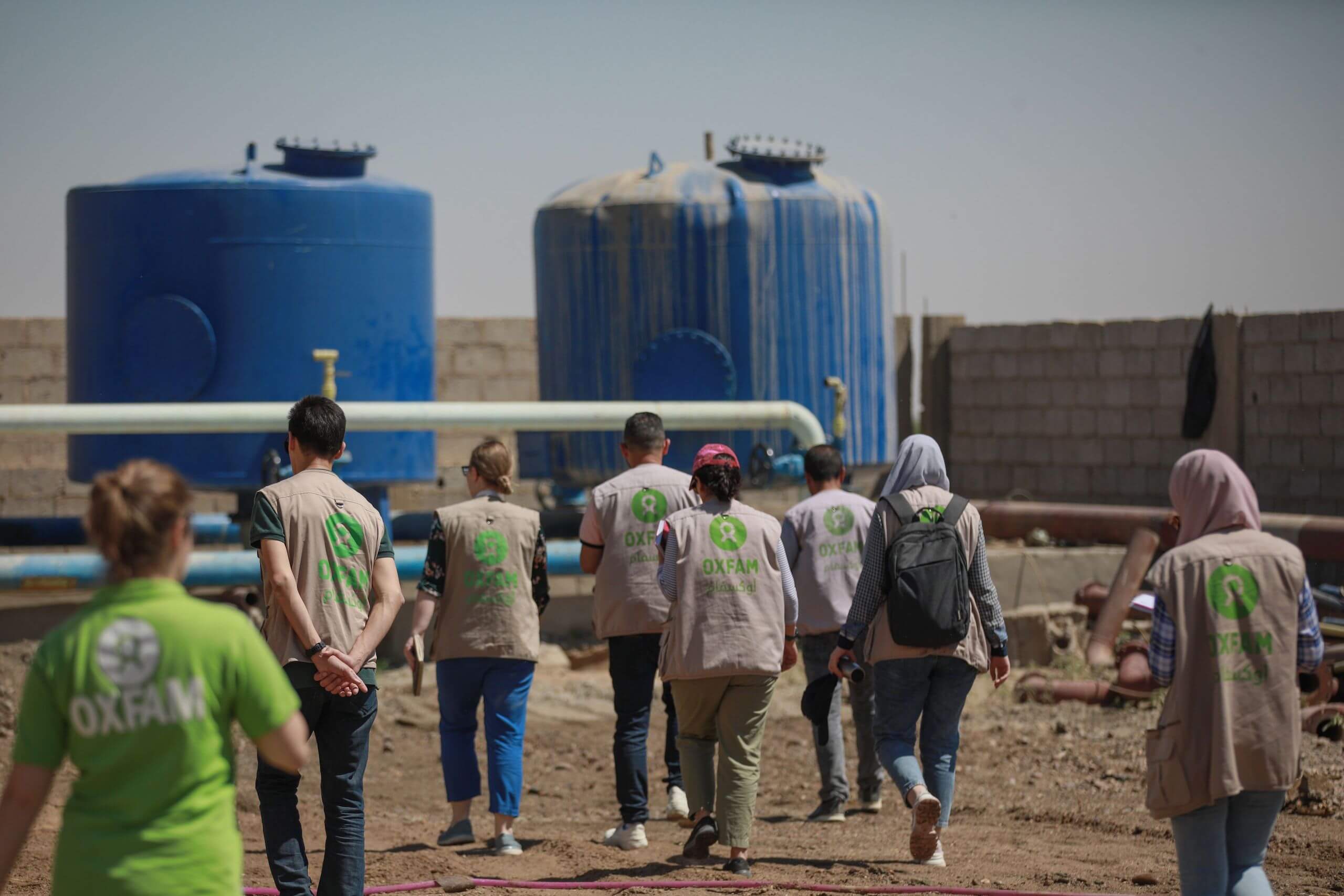

Our humanitarian, development and campaigning projects change lives around the world.
Thousands of people give their time and talents to make this happen. We are committed to providing a diverse, inclusive, equal and safe work environment for all our employees and for the communities we work with.
Oxfam employs around 8,500 people.
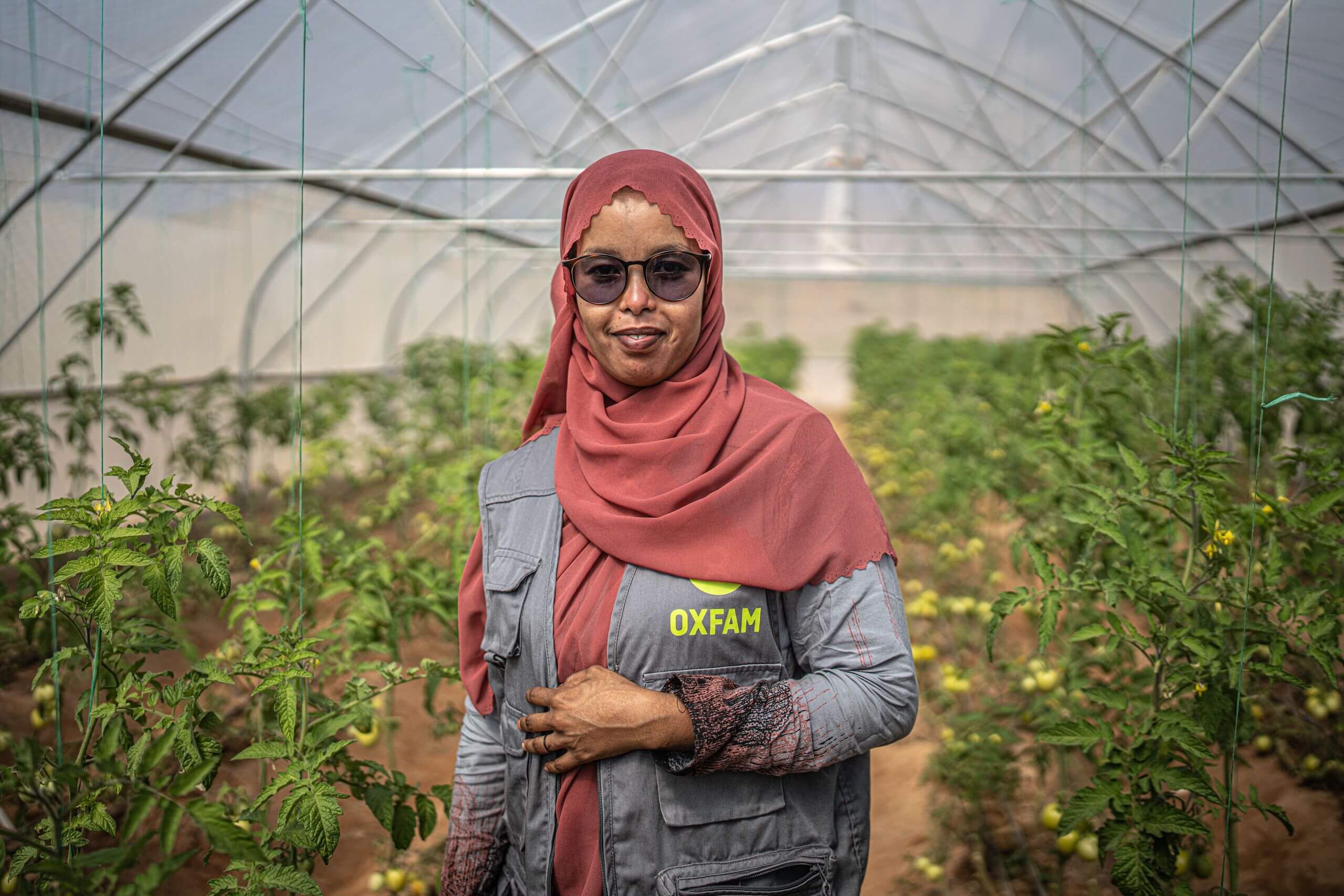
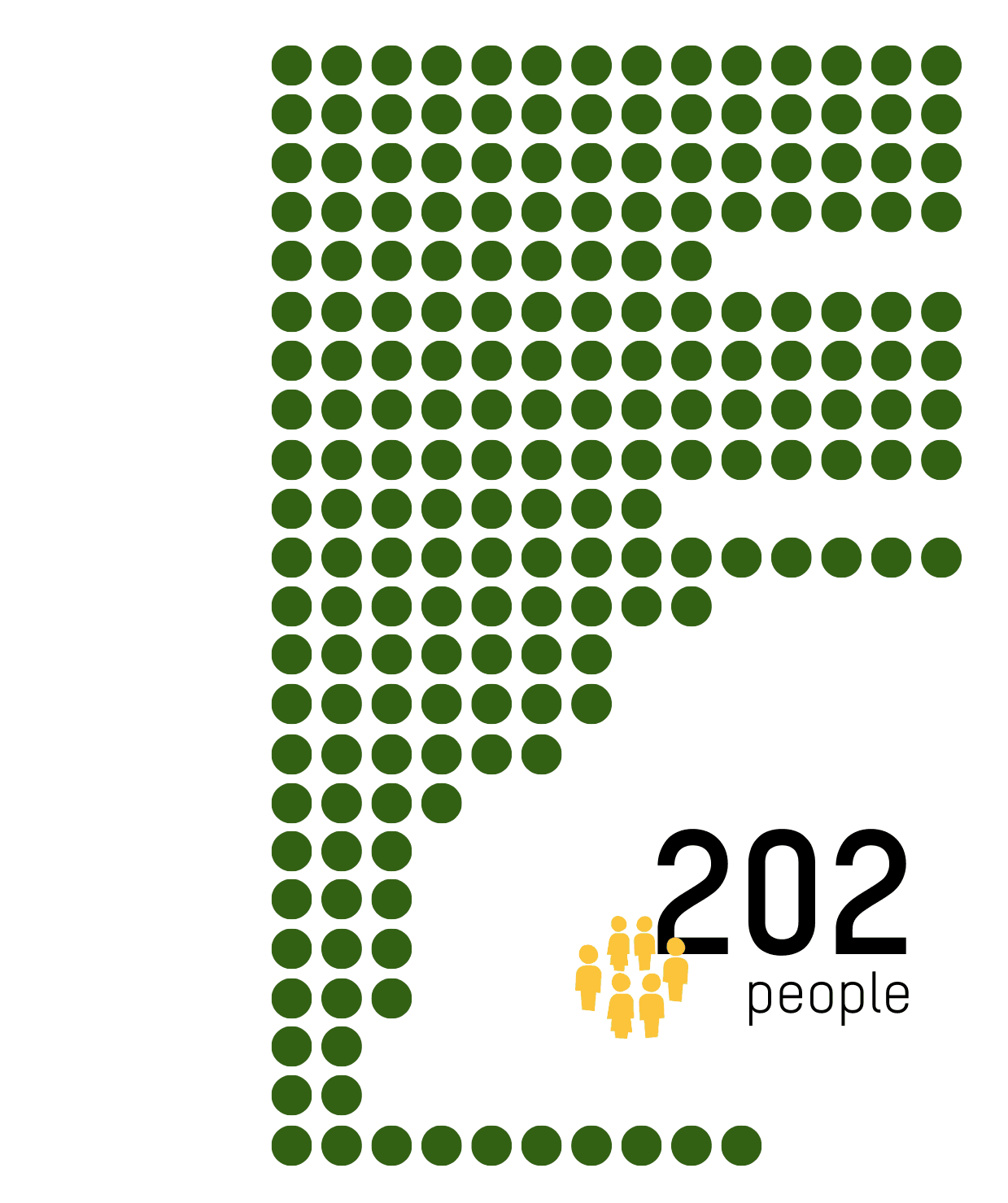
This includes staff in OIS and OI HQ, public engagement and advocacy offices, around 4,500 staff in affiliate offices, our country and regional staff, and the Global Humanitarian Team – around 120 staff who provide technical support and capacity building for humanitarian responses, and includes rapidly deployable humanitarian support personnel.
At 31 March 2023, the Oxfam International Secretariat (OIS) employed around 220 people, primarily in the locations shown in the chart on the left.
The whole Oxfam confederation employs around 8,500 people. This includes staff in OIS and OI HQ, public engagement and advocacy offices, around 4,500 staff in affiliate offices, our country and regional staff, and the Global Humanitarian Team – around 120 staff who provide technical support and capacity building for humanitarian responses, and includes rapidly deployable humanitarian support personnel.
Embodying the feminist principle of ‘nothing about us without us,’ the focus for the People and Culture team at Oxfam continues to be to encourage colleagues to make their voices heard through platforms like the Global staff Survey and regular ‘pulse checks.’ These initiatives enhance our ability to learn about staff experiences in Oxfam, track progress on priorities and strengthen our Culture Framework.
Oxfam initiated the co-creation process for Oxfam's Culture Framework to define the culture we aspire to at Oxfam, agree the steps we need to take to achieve it and hold ourselves accountable. In 2022–23 we held eight culture sessions with our staff, where we discussed Oxfam's culture vision; identifying patterns that unite us at Oxfam and assessing our individual, team and organizational behaviors.
Employee wellbeing and mental health remains a top priority at Oxfam in the post-pandemic era. Representatives from across the confederation collaborated to develop a staff wellbeing implementation plan.
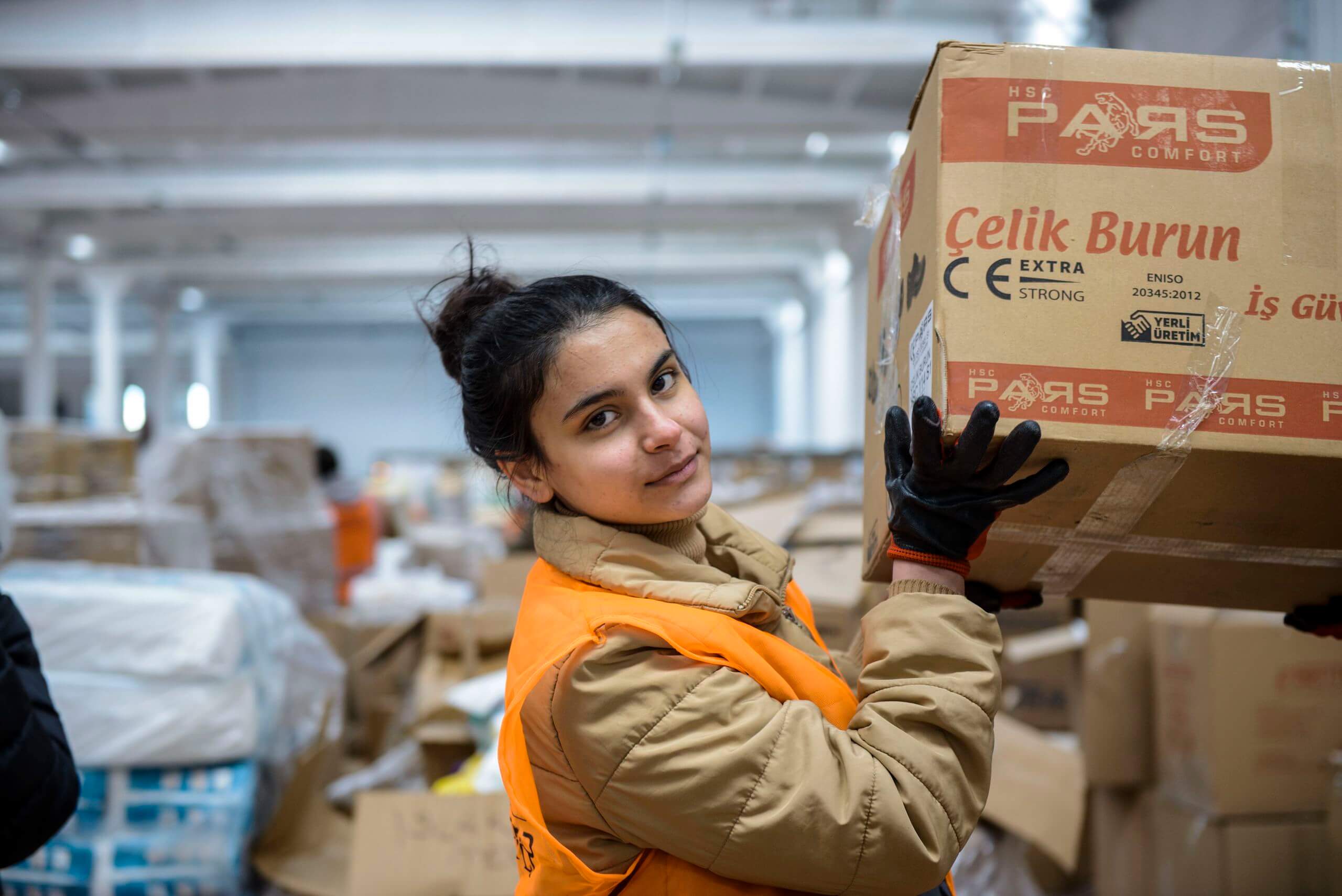
While staff can access the global Employee Assistance Program, with its confidential helpline, we are also supporting line managers in becoming wellbeing ambassadors and first points of contact for their teams tackling wellbeing challenges.
We are building a community of mental health ‘first aiders’ across the confederation – staff who are trained to give staff confidential support, from sharing resources on mental health to giving tips on how to manage stress in the workplace.
We are building a community of mental health ‘first aiders’ across the confederation
Finally, we have developed a Wellbeing Knowledge bank accessed through the staff intranet, Compass; the bank’s contents will be translated into Arabic, French, Portuguese and Spanish.
SAFEGUARDING
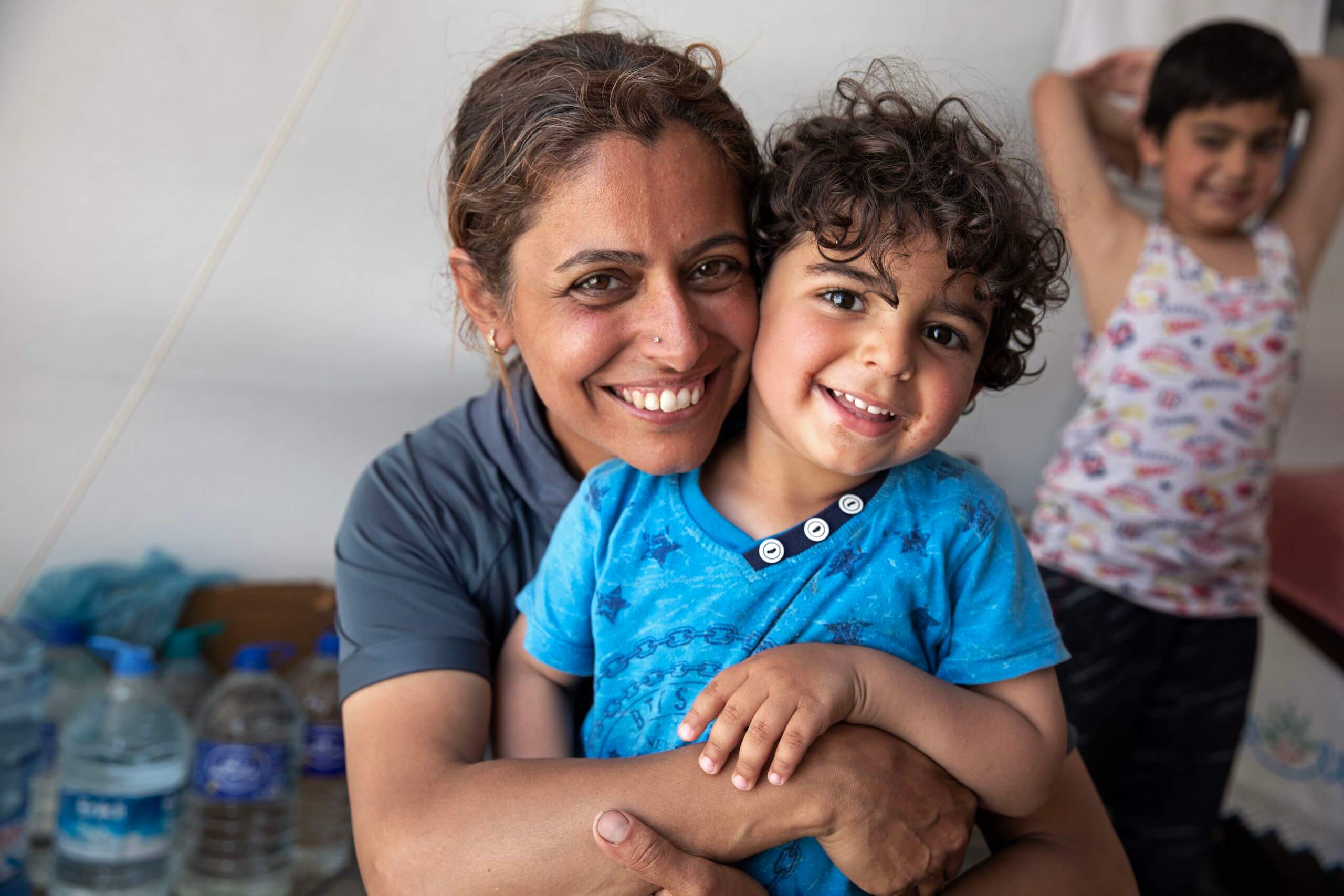

At Oxfam we are committed to the prevention of all forms of abuse and responding to all safeguarding concerns or allegations that come to our attention.
To support this, we have established a confederation-wide Safeguarding Network.
Under the strategic direction of Oxfam International, this network leads on the development of confederation wide safeguarding policies, procedures, tools, standards and training materials, and coordinates, aligns and ensures the consistent delivery of Oxfam’s safeguarding commitments across our global operations.
In 2022–23 we continued to strengthen and consolidate prevention and enhancement of safeguarding policies, procedures and systems. A primary focus was capacity-building for our ‘safeguarding focal points’ in Oxfam affiliates; these staff help us strive for safeguarding best practice, and act as a first point of contact for people to raise concerns.
In 2022 we delivered face-to-face regional workshops for the focal points and rolled out an online training package. We also made a safeguarding course available for administrative and facilities staff, volunteers and partners. Regional ‘communities of practice’ groups enable staff to share insights and experiences.
At the country level, Oxfam has further strengthened engagement with staff, partners and communities. Training events were conducted for staff, other NGOs and partners, and to overcome language barriers, Oxfam developed a visual toolkit and Information, Education, Communication materials on safeguarding.
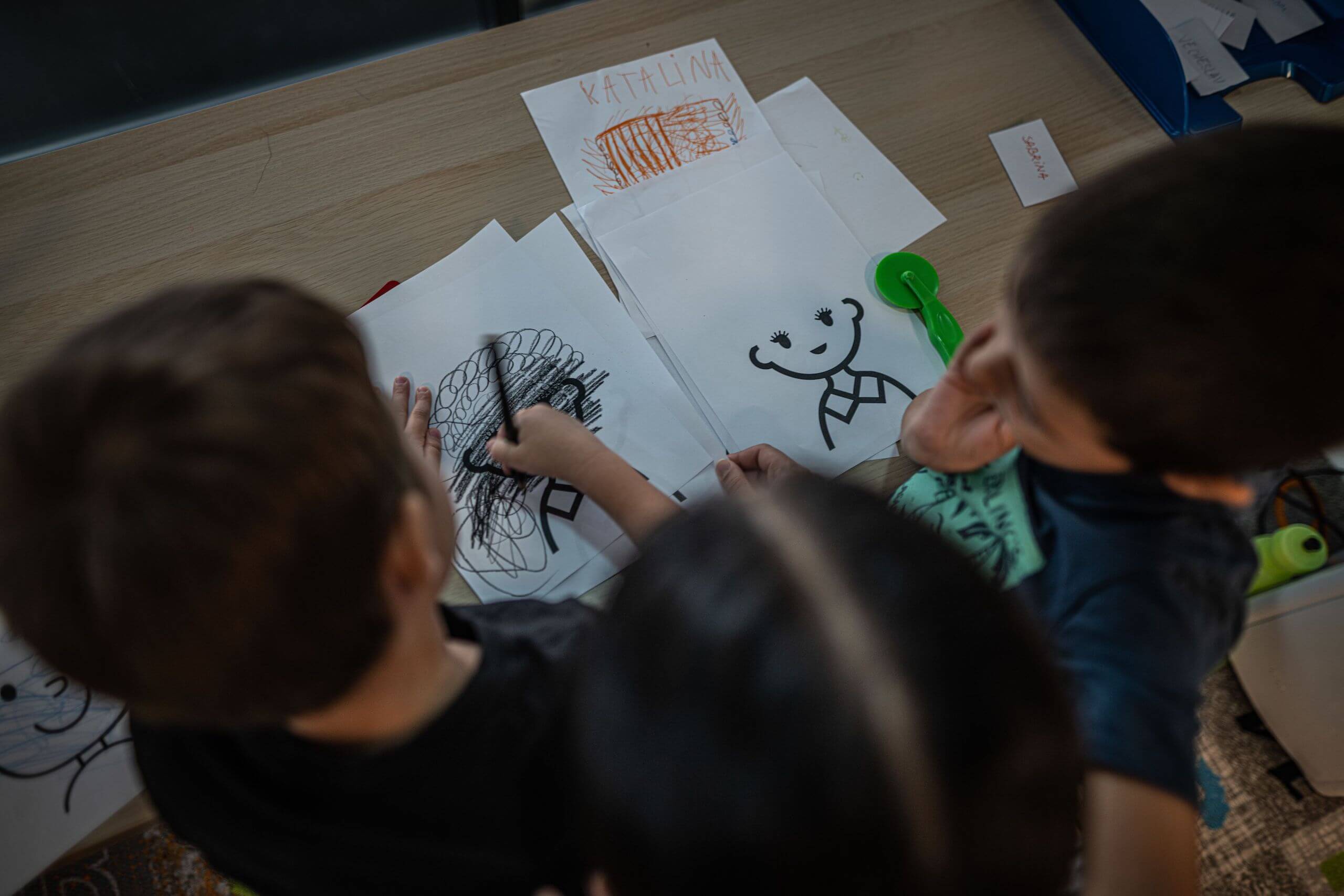
We support partners, helping them formulate safeguarding strategies, policies, risk assessments and action plans; for example, in Latin America we created a Safeguarding Handbook for partners. The completion of a pilot project focused on enhancing community reporting mechanisms will provide learning experiences for staff in all regions at Oxfam.
Priorities as we continue to develop our approach include the development of a safeguarding strategy, a review of policies and the formulation of an Accountability and Responsibility Framework.
Oxfam's engagement with safeguarding in the sector is reflected in our participation in inter-agency Prevention of Sexual Exploitation, Abuse, and Harassment (PSEAH) networks; Oxfam co-chairs PSEAH working groups in Eastern and Southern Africa, and Yemen.
Oxfam is also committed to enhancing the current safeguarding focal point model and refining partner engagement mechanisms. Through such initiatives, we are advancing towards a more robust, ever improving safeguarding function.
TACKLING FRAUD AND CORRUPTION
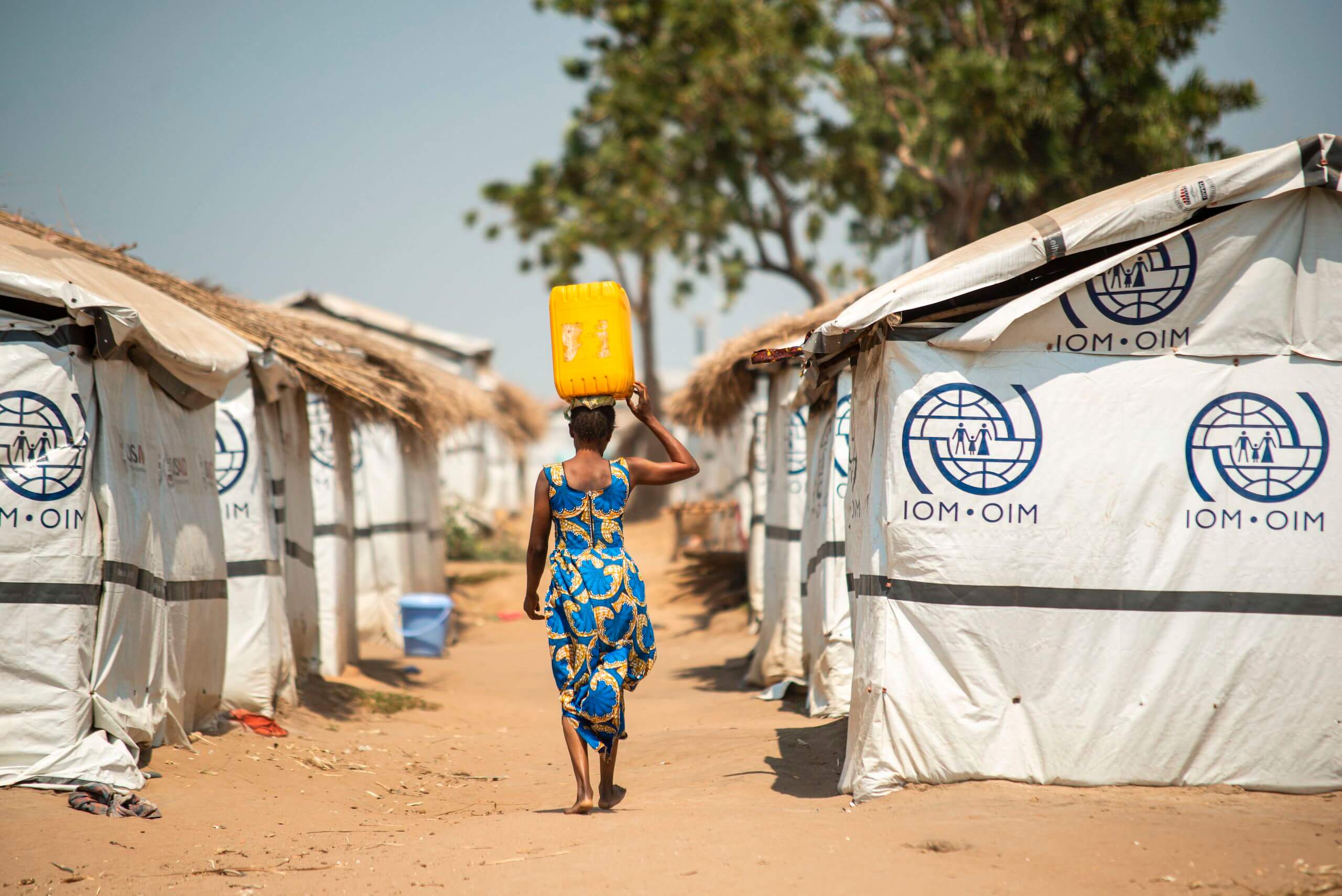

With a global income of approximately 1 billion Euros and a presence in 86 countries, we are fully aware that Oxfam’s challenges are both operational and strategic.
In accordance with an Anti-Fraud and Corruption Strategy, we implement contextualized approaches to tackle the risk.
Our strategic focus is geared to steering better fraud resilience, while embracing the Oxfam values of equality, empowerment, solidarity, inclusiveness, accountability and courage.
Oxfam is committed to ensuring that its systems, procedures and practices reduce the risk of occurrences to a minimum.
We recognize that success in tackling fraud and corruption is contingent on more than one activity, at more than one level of the organization, and we are committed to the use of a holistic anti-fraud and corruption strategy, supported and embedded at every level, in projects, departments, countries, regions and affiliates. The strategy is also in line with our Code of Conduct and our values.
As part of our deterrence and prevention efforts, we carried out compliance reviews and internal audits in our offices. These included an internal audit on our Kenya Oxfam International head office, in procurement and project management.
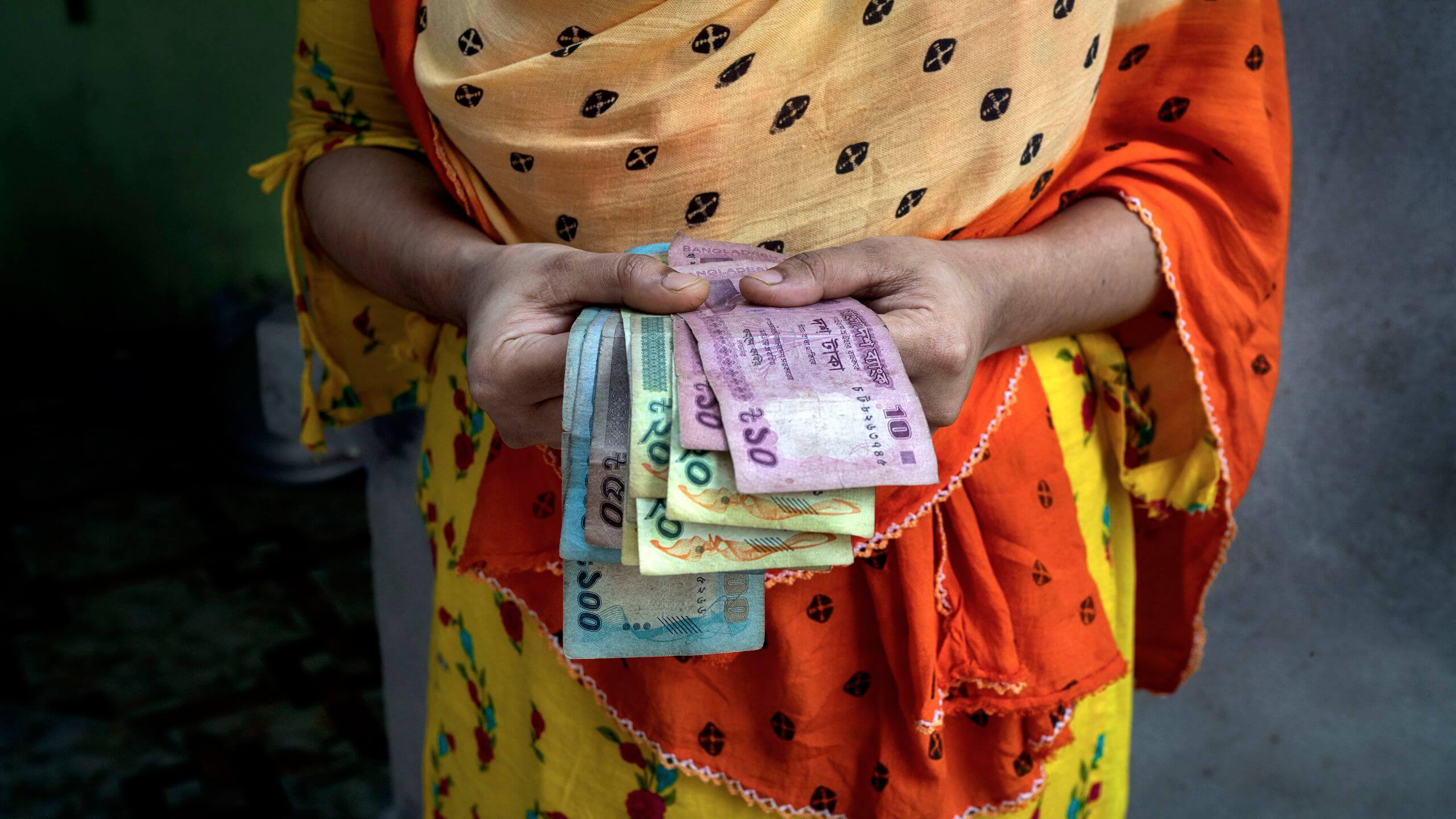
We continue to ensure quality case management of suspected corruption cases by using a unique case management system for all affiliates, and the Oxfam International Secretariat; in 2023–24 we trained 12 colleagues across Oxfam affiliates in using this system.
In the same spirit, the Secretariat trained ten colleagues in using our centralized system for terrorism financing screenings of suppliers, partner organizations and staff against global sanction lists, to prevent terrorism financing.
The Secretariat continues to be responsible for the management of the misconduct case management system (CLUE) and the sanctions screening system (World Check). We started updating our Policy and Standard Operating Procedures for Prevention of Anti-Terrorism Financing and Aid Diversion, with the aim of finalizing it in the financial year 2023–24. We also completed the Secretariat’s terrorism financing screenings standard operating procedures.

INCOME AND EXPENDITURE

Overall, the confederation reported a deficit of €9M for the financial year 2022-23.
OUR SUPPORTERS
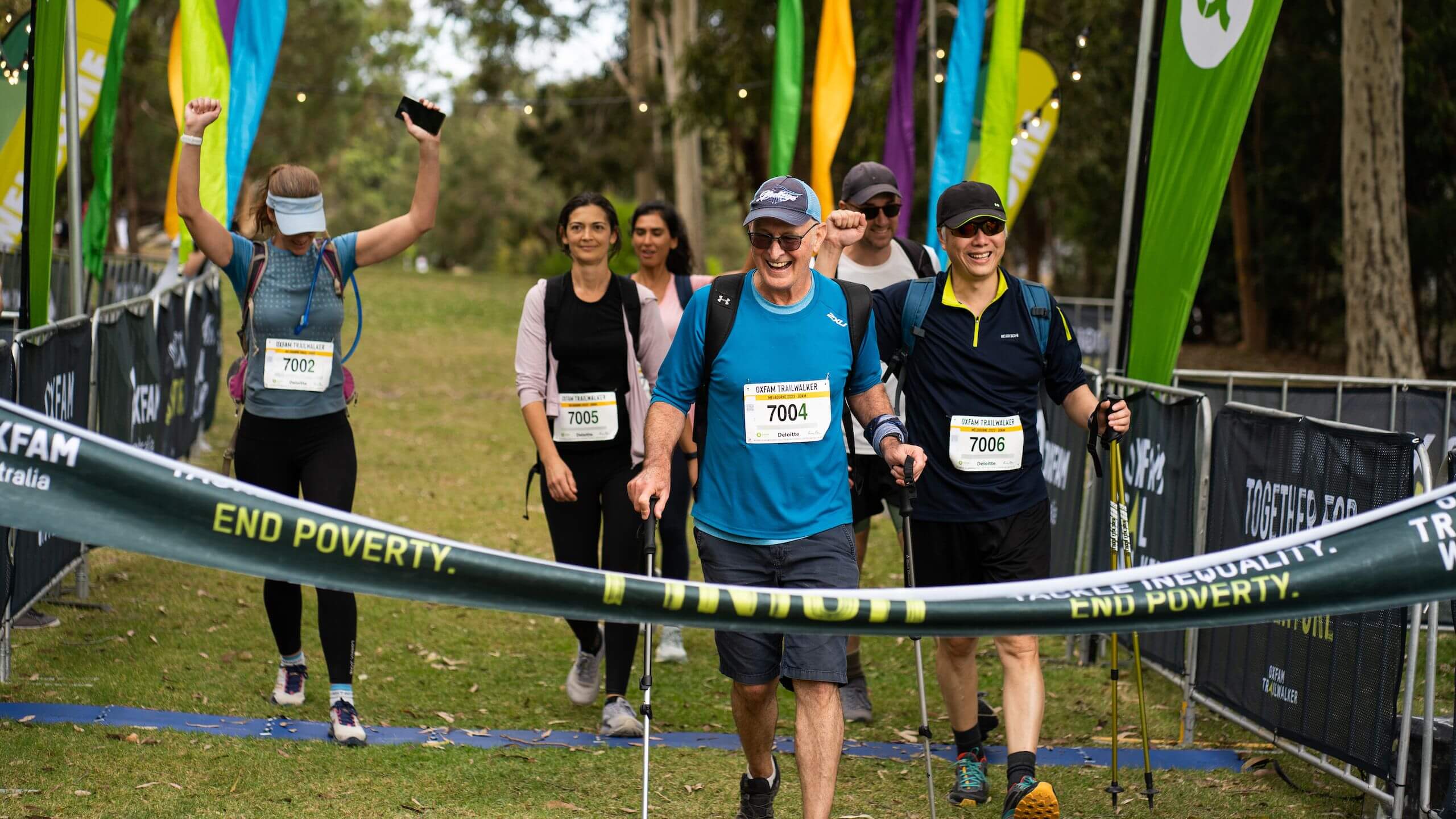

Oxfam’s life-changing work is made possible by millions of supporters worldwide.
They support us in many ways: through regular donations, responding to emergency appeals, taking part in fundraising events, joining Oxfam campaigns and buying from Oxfam shops.
We are hugely grateful to all the individuals who support our work.
When the earthquake hit Türkiye and Northern Syria in February 2023, Oxfam and local partners were quick to respond.
Meanwhile, in countries near and far from the disaster, the public quickly donated money to our emergency appeal. One supporter wrote, ‘We are Turkish Cypriot and have friends missing on the mainland near the epicenter of the quake, and this appeal is very dear to our hearts.’
The students of Myddelton College in Wales, UK went one step further in responding to the earthquake, which had directly affected two sixth form students. They launched a JustGiving page with a video of the whole school performance of the Brothers Abide song Til We Can Run, alongside the Welsh opera singer Sioned Terry, who sang partly in her native Welsh language.
Oxfam raised nearly 42.8 million Euros for the earthquake response, and months later, donations were still flowing into Oxfam’s emergency appeal.


We value all measures to keep the powerful accountable.
To inform and engage young people on issues of global inequality and climate justice, Oxfam’s education teams in different countries produce materials such as teaching resources in the UK and story-telling sessions, at-home learning kits and interactive workshops for schools in Hong Kong. Through such activities, we support young people to become global citizens.
In November 2022, school children aged from nine to 16 participated via Oxfam in a campaign, Send Postcards for Climate Justice at COP27. They called for Climate Justice and Climate Action, creating their own hand-drawn messages. A similar campaign is planned for COP28 in December 2023.
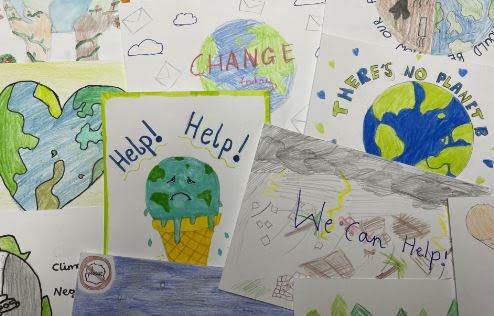
Some supporters raise money by participating in annual Trailwalker events – sponsored treks in which participants walk a 100-km designated route in teams of four, all within a set time limit.
In Hong Kong, Kwan Sek-yiu, aged 71, has taken part 26 times since 1996. He says, ‘I’ve thought to myself many times: “This is the last time I’m joining Oxfam Trailwalker… But when it’s time to sign up again the next year, I do it. Why? Because I know that I can raise a lot of money for Oxfam. I feel very blessed, and that’s why I want to help others.’
Since 1986, over 100,000 people have taken part in our Hongkong Trailwalker, raising more than HK$600 million to support projects around the world.

Oxfam’s Second-Hand September campaign, launched in 2019, inspires people to shop in a way that is kinder to people and the planet buy buying only second-hand items for 30 days in September – and beyond.
The campaign addresses the devastating impact of the clothing industry on health and climate. Toxic dyes, synthetic materials created with fossil fuels, factories running on coal and gas and worldwide shipping all play a part, but these factors are eclipsed by the huge demand for water in producing clothes. It is estimated that a staggering 10,000 liters of water are needed to produce one pair of denim jeans.
In September 2022, 26,413 people in the UK pledged to ‘say yes to less’. Around 1,300 individuals shared tips and experiences on social media, using the hashtags #SecondHandSeptember and #FoundInOxfam on Instagram, TikTok and Twitter.
In South Korea, Oxfam volunteer fundraiser Min-jung Kim set up a stall outside a pop-up second-hand store in Seoul in 2023, to promote climate awareness. He says: ‘We were able to introduce Oxfam to the visitors and explain what we all can do to make a difference for the world… It was a precious opportunity to explain Oxfam’s activities and ask people to help make a difference.’
Trading makes up around 19% of Oxfam’s income. Thousands of people buy second-hand items and Fair Trade goods through our trading websites Oxfam Online and our charity gift and card range, Oxfam Unwrapped.
Meanwhile, Oxfam shops are a familiar feature of the High Street in some cities across the world.
The first Oxfam shop opened in Oxford, UK, in 1947, five years after the Oxford Committee for Famine Relief, from which the name Oxfam originated, held its first meeting. A collection point for donations from the public and a hub for re-selling them, this was the first ‘charity shop’, and helped define charity fundraising and the campaigning model that has been adopted in other countries.


There are now over a thousand Oxfam shops globally, including in Belgium, France, Germany, Ireland, Spain and Turkey. Some focus on second-hand goods, and some are devoted to selling Fair Trade goods – crafts and food products from organizations and cooperatives that respect the rights of their workers and help to preserve the environment.
Oxfam shops are supported by volunteers who generously donate their time. In Belgium over 7,000 volunteers are active in the 195 Fair Trade shops – which generated 18,1 million Euros in 2022–23, and 32 shops selling second-hand goods – which generated 6,5 million Euros. In Spain, around 800 volunteers manage Oxfam’s 30 Fair Trade shops; these sold nearly 2 million Euros’ worth of Fair Trade goods last year.
Many individuals have found volunteering for their local Oxfam shop a positive and inclusive experience – an example is Michaels' story.
Oxfam second-hand shops not only raise money for our mission but reduce waste by recycling clothing and gifts. In Belgium alone, an estimated 497,318 kg of CO2 was saved through the re-sale of clothing in shops last year.
Some supporters give a regular donation to Oxfam or leave money in their wills.
In the United States, retired schoolteacher and keen hiker Wanda Shirk is one such supporter. She says:
‘I like the mission objectives of Oxfam, and I found that Oxfam has done its homework – it has researched the problems and speaks publicly about systemic inequalities in societies.’
Divya Singh MD was attracted to Oxfam’s mission for social justice and access to education for women and girls. She says:
‘I’m a strong believer in paying it forward; it’s important to create opportunities for others. Life is short; do what you can, when you can.’
OUR DONORS
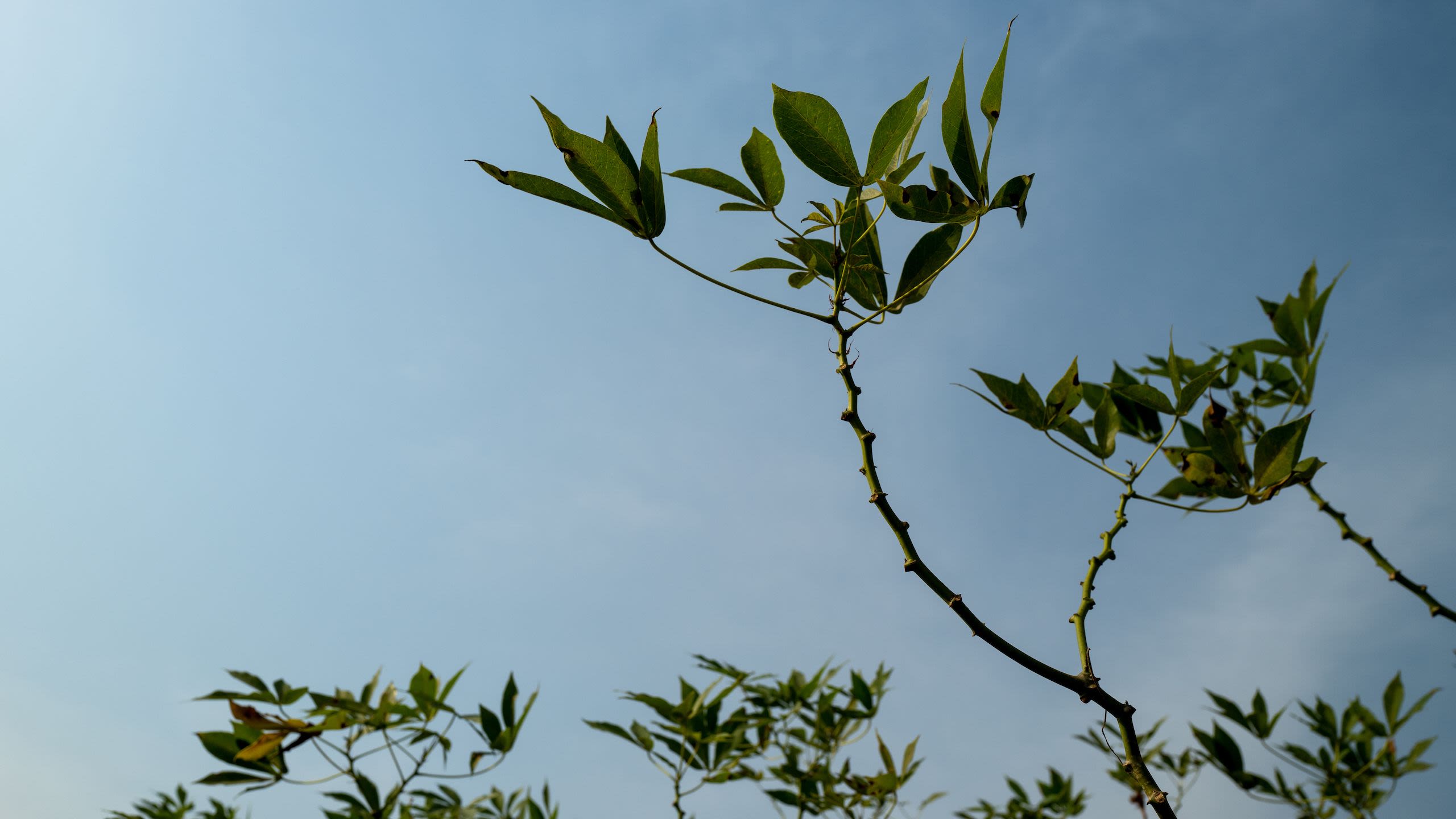

Alongside public fundraising (see above), we also raise money from partnerships with government and multilateral donor institutions, individual philanthropists, trusts, foundations and private companies.
Our largest institutional donors during the year under review are shown below.
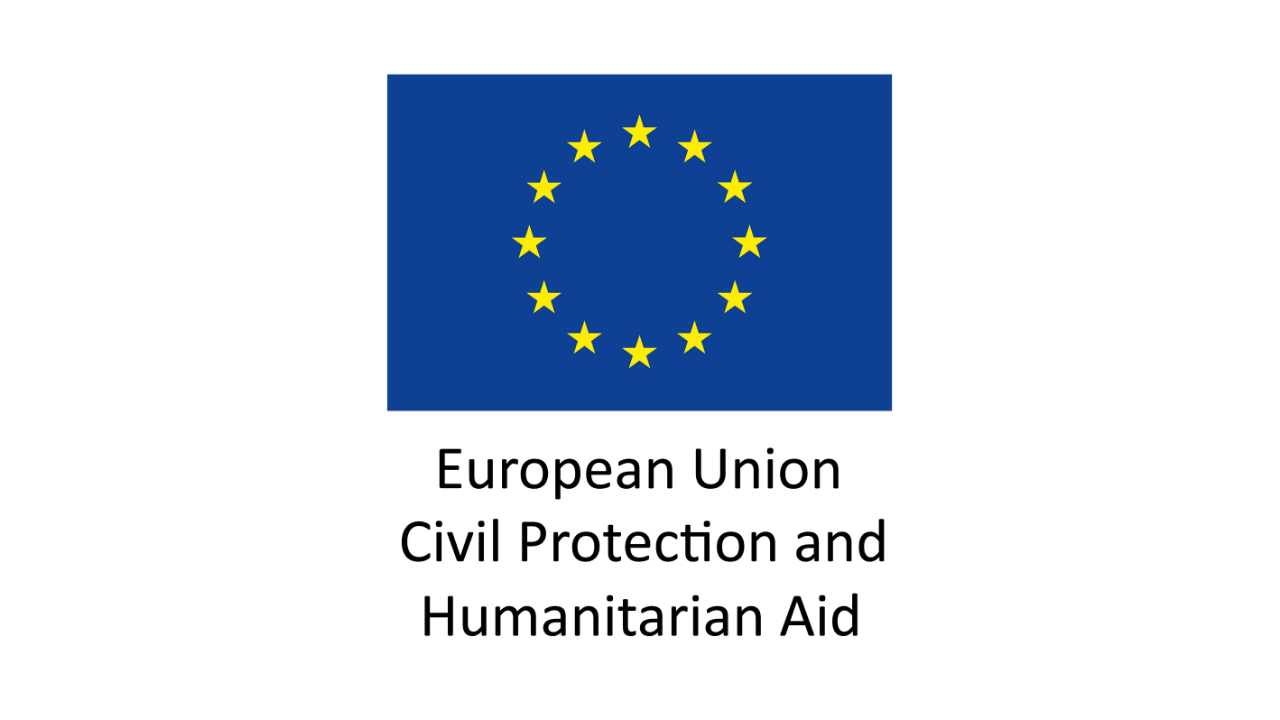
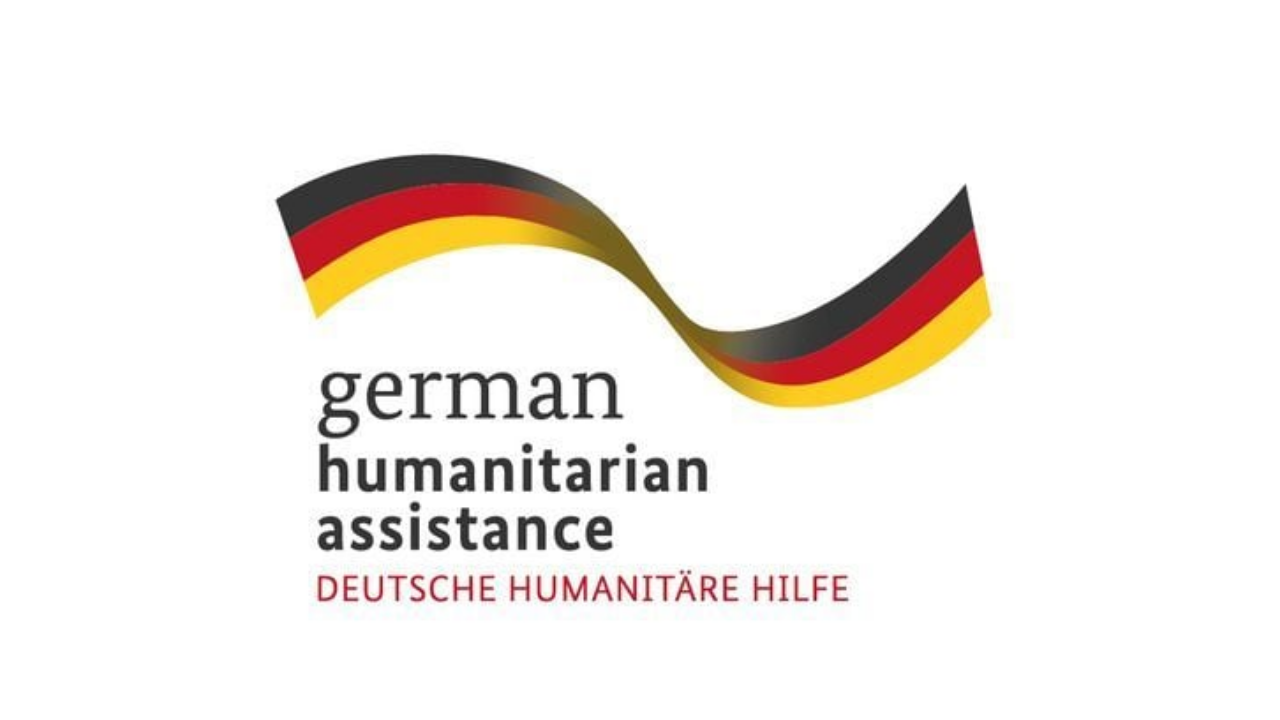
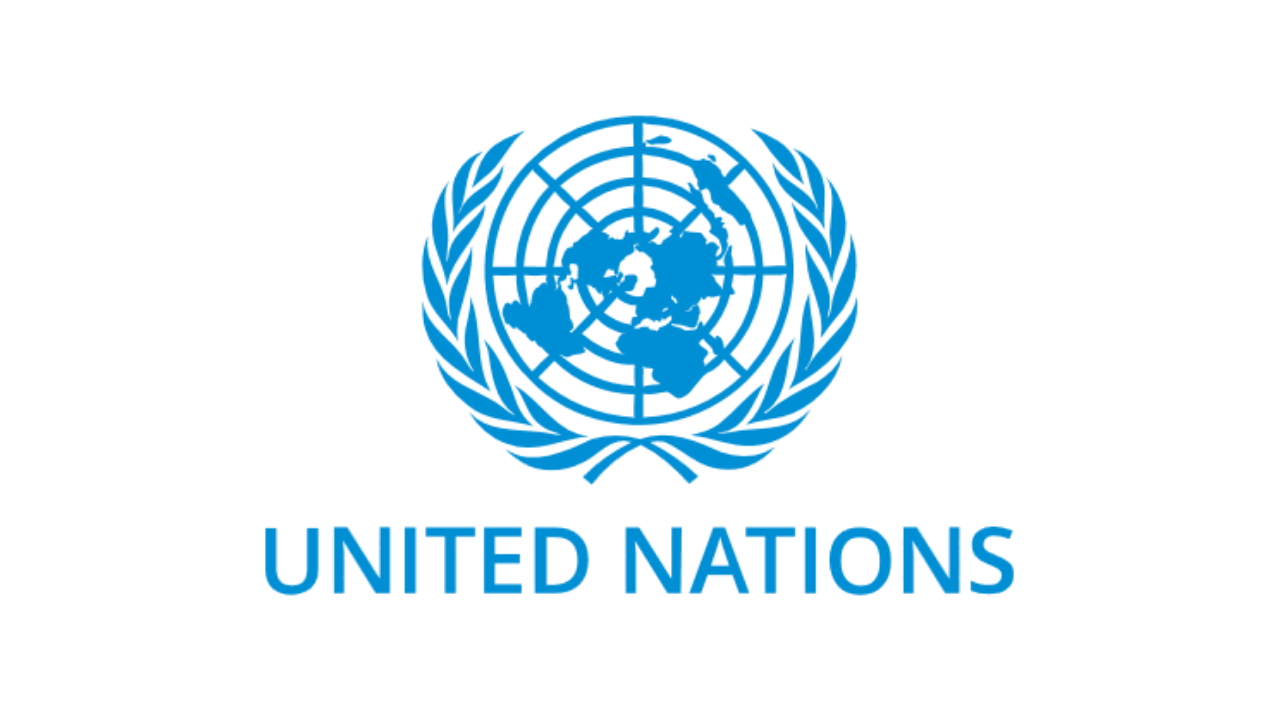
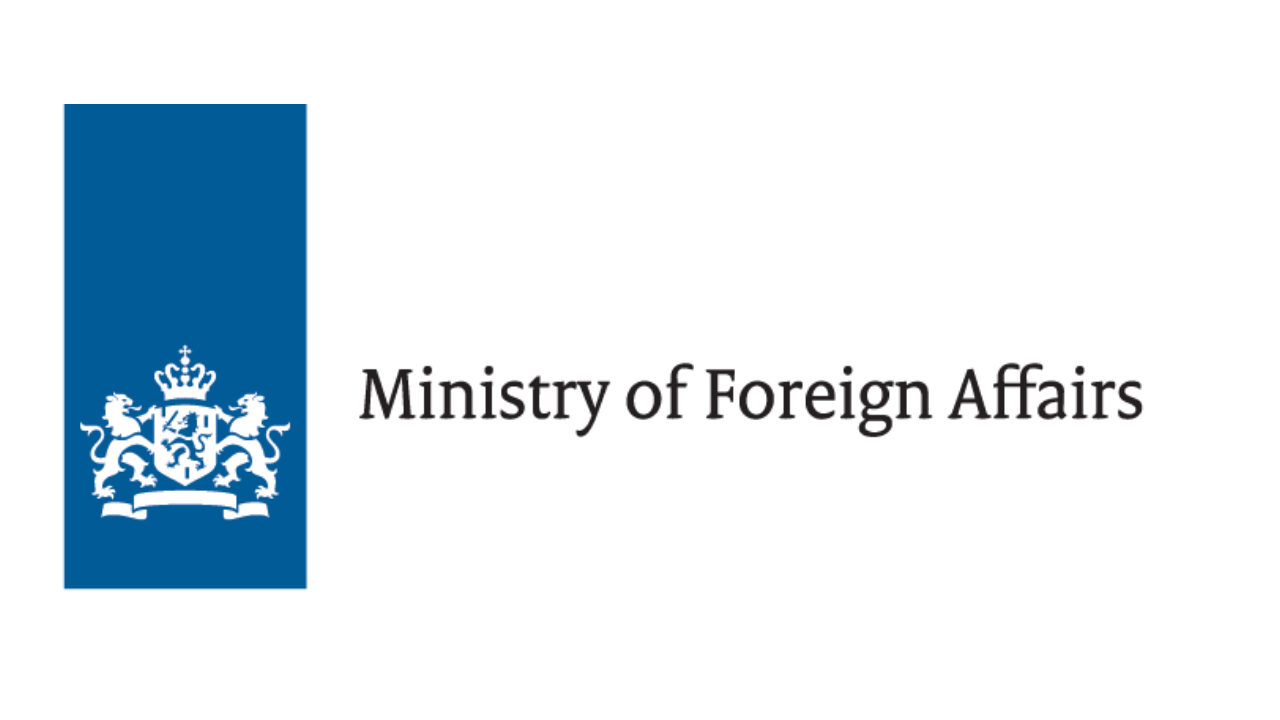
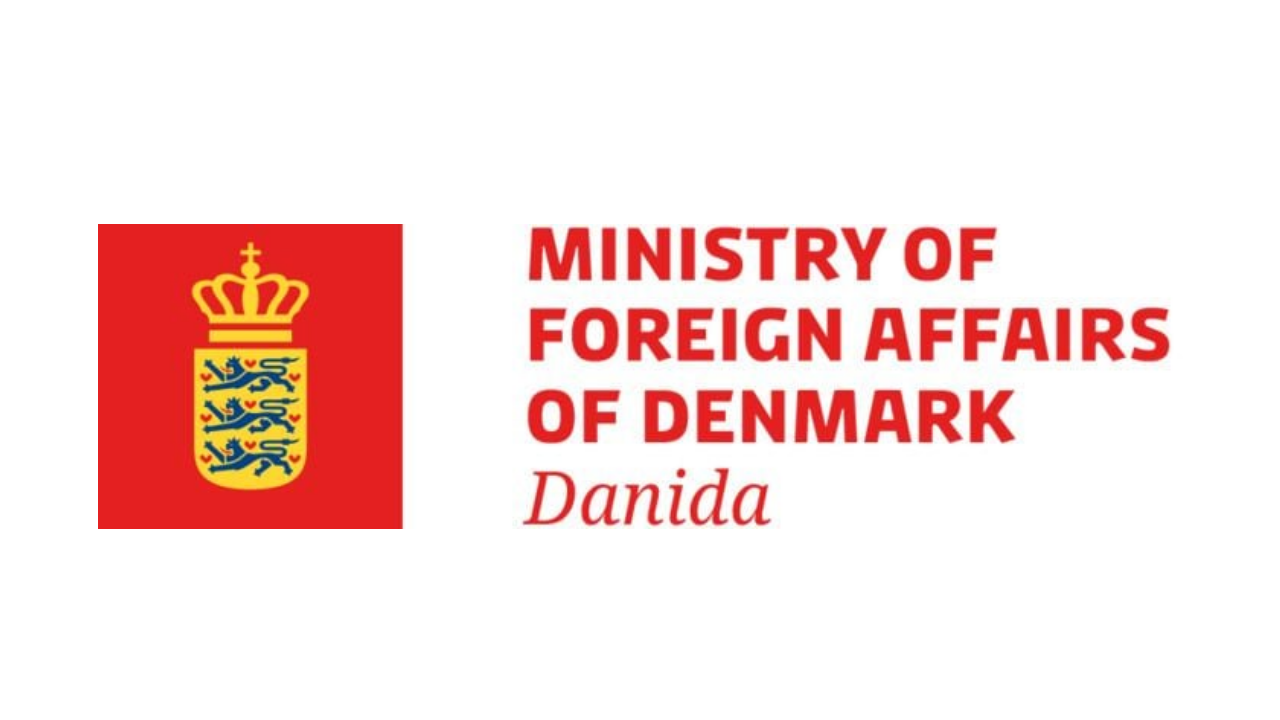
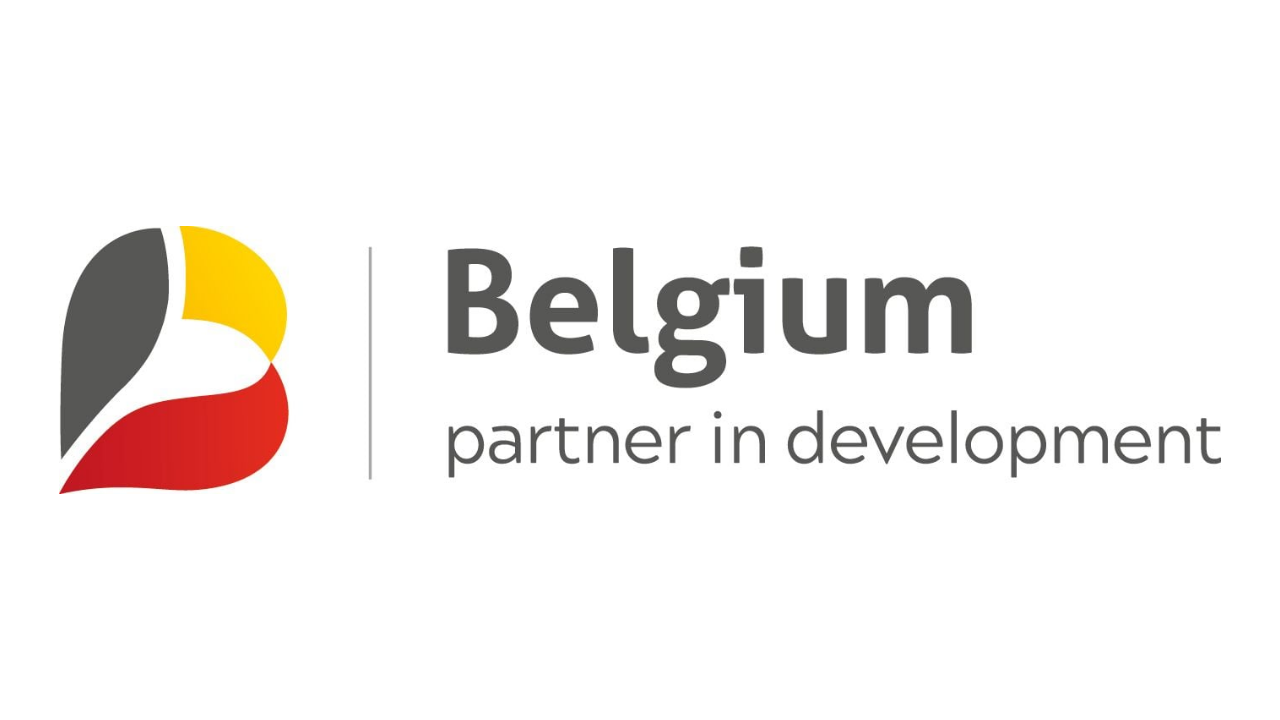
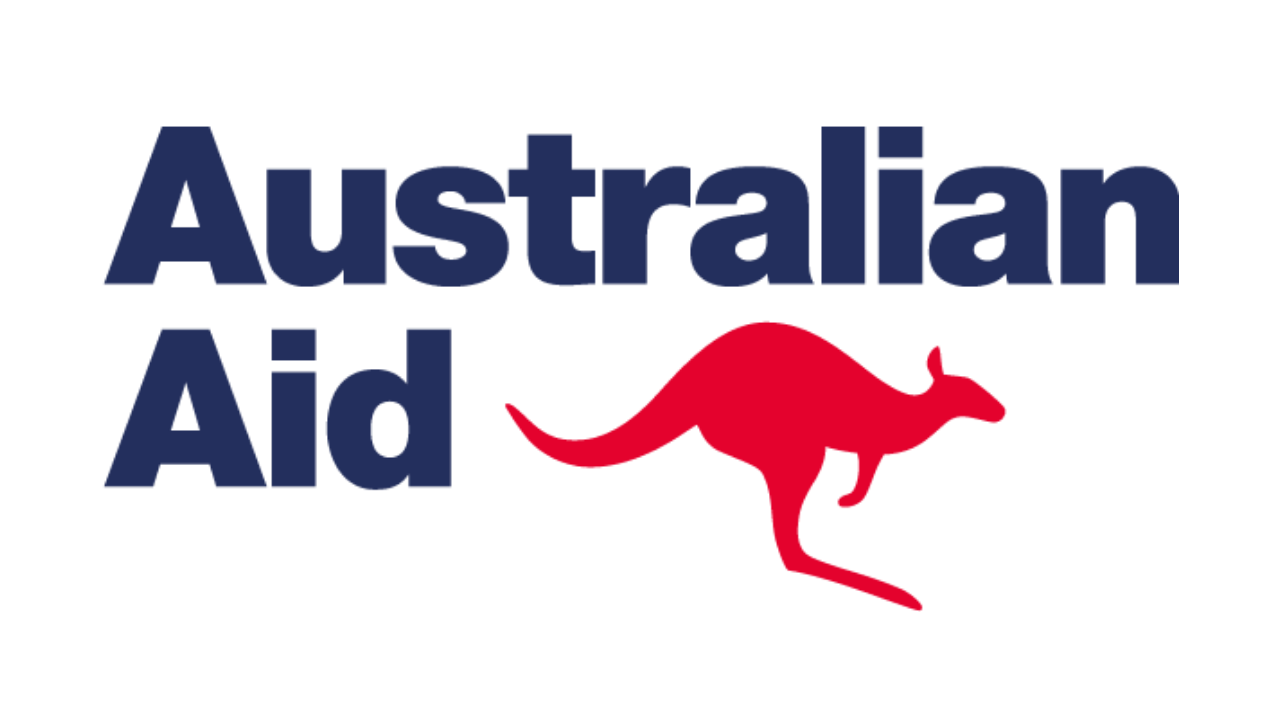
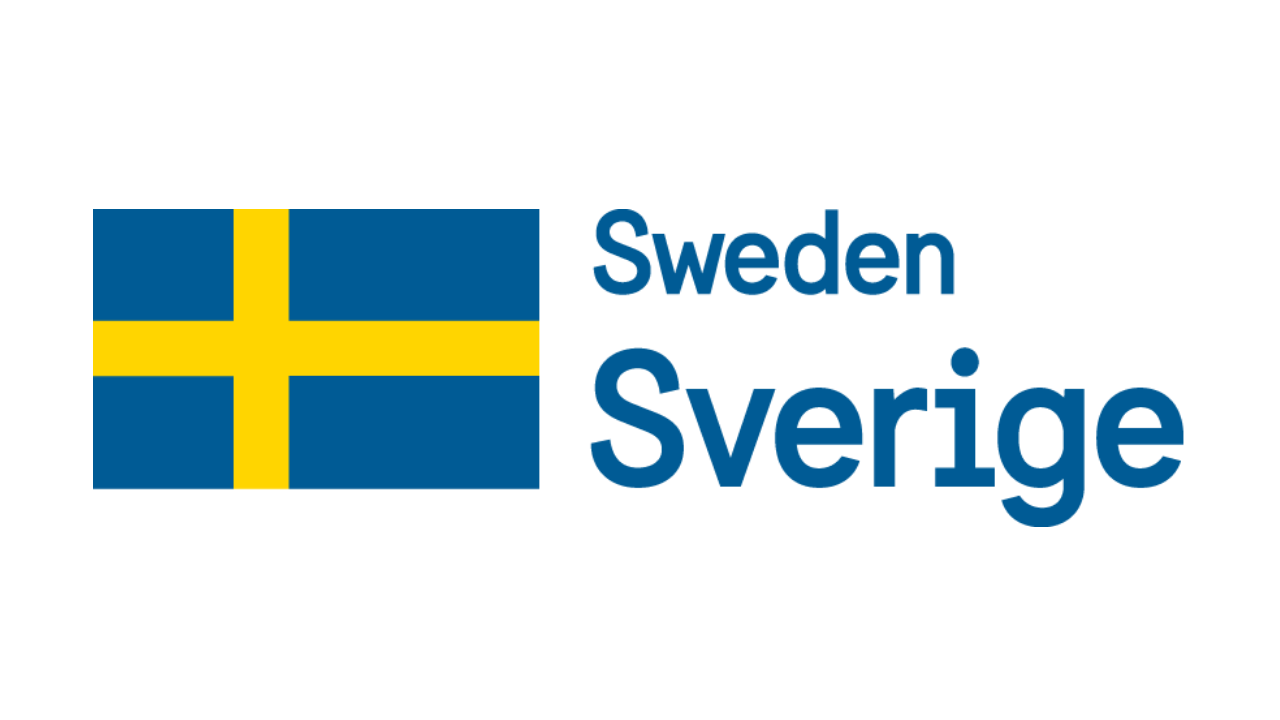
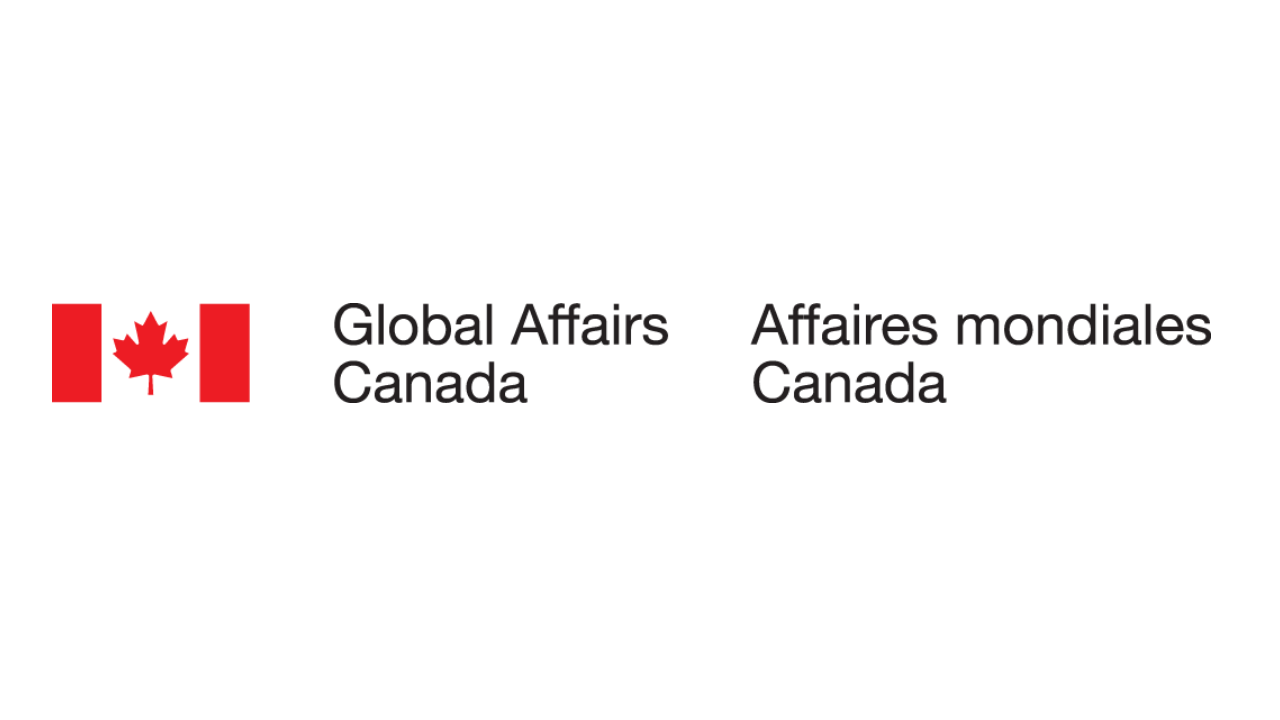
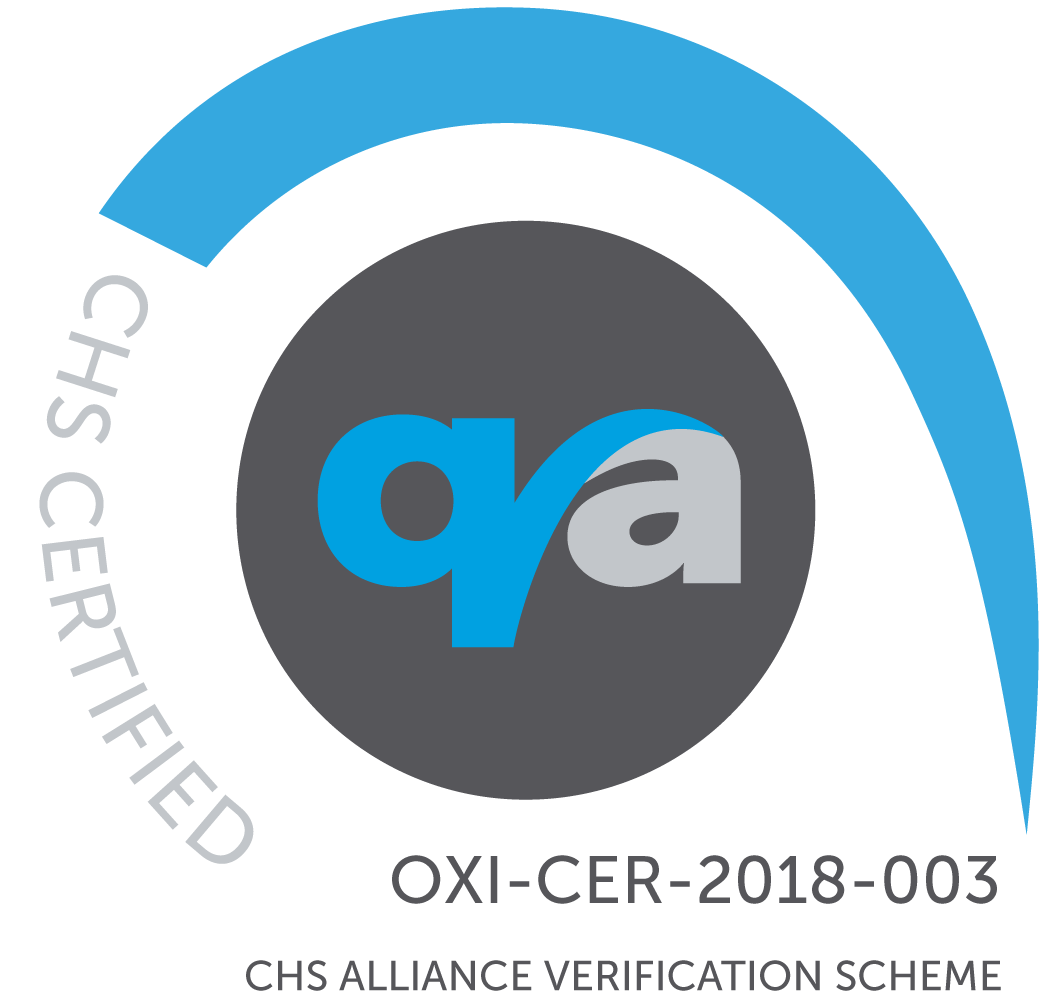
Certification
We were certified against the Core Humanitarian Standard (CHS) by HQAI for demonstrating quality and accountability. The certification acknowledges our efforts in ensuring that people and communities affected by crisis can rely on qualitative and accountable programs. The process to achieve this certification has been very helpful in building on our culture of learning and continuous improvement in the way we respond to humanitarian or development-related challenges.
Large or small, every contribution helps us to improve lives and achieve a fairer and more equal world.
